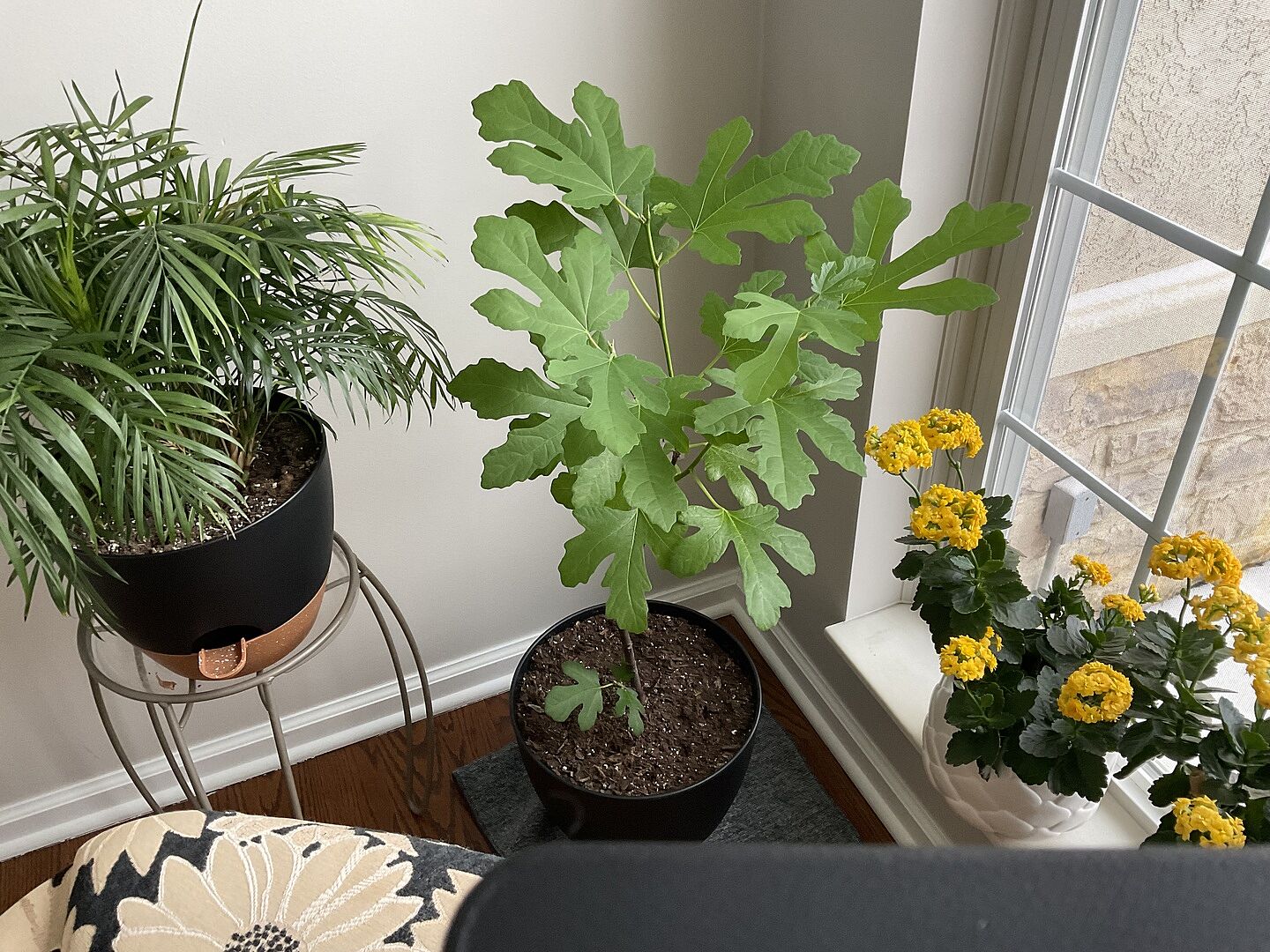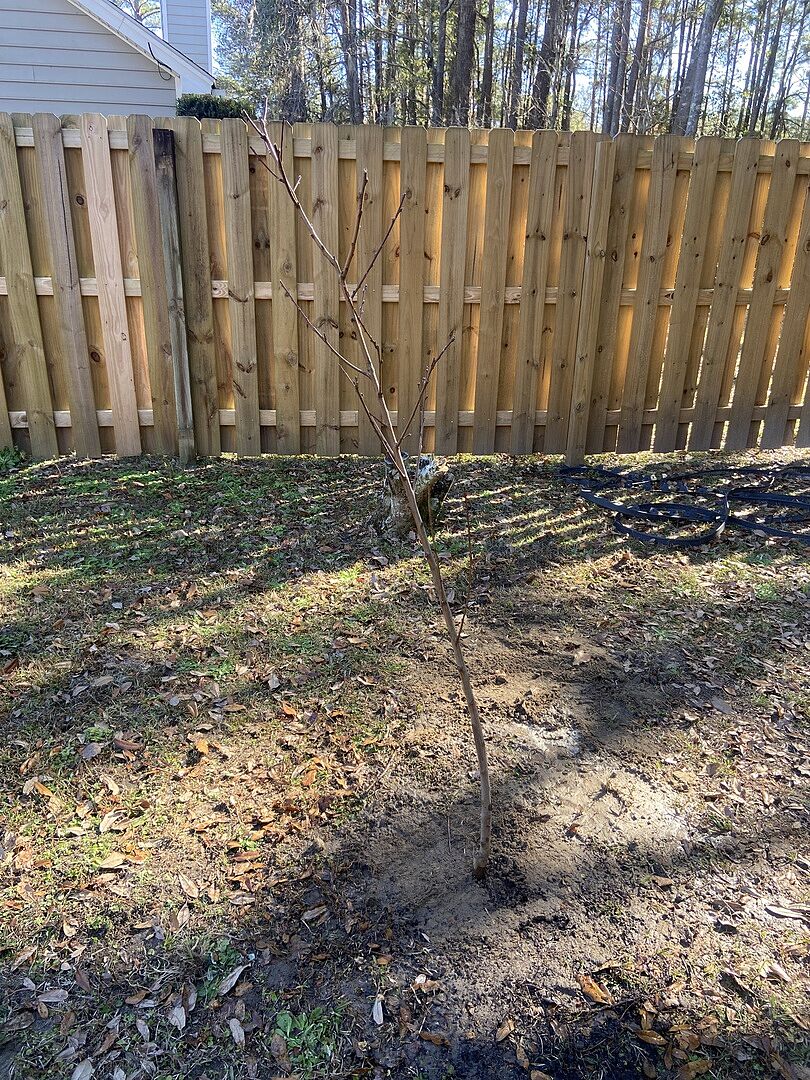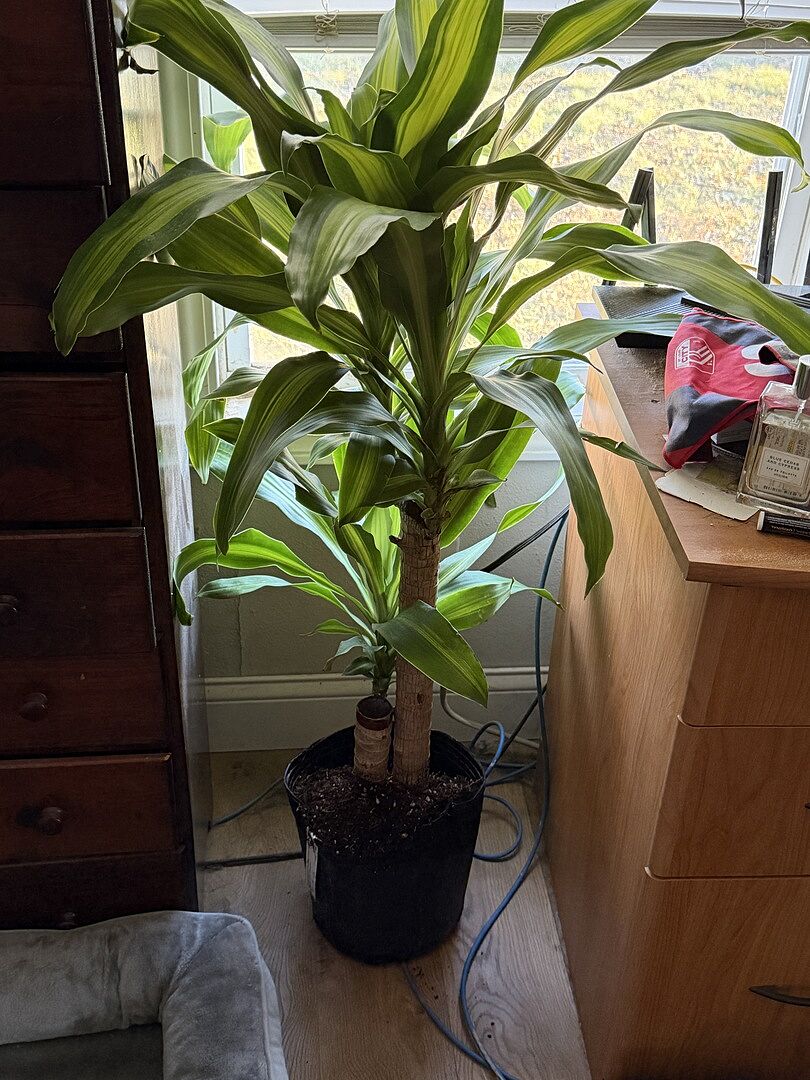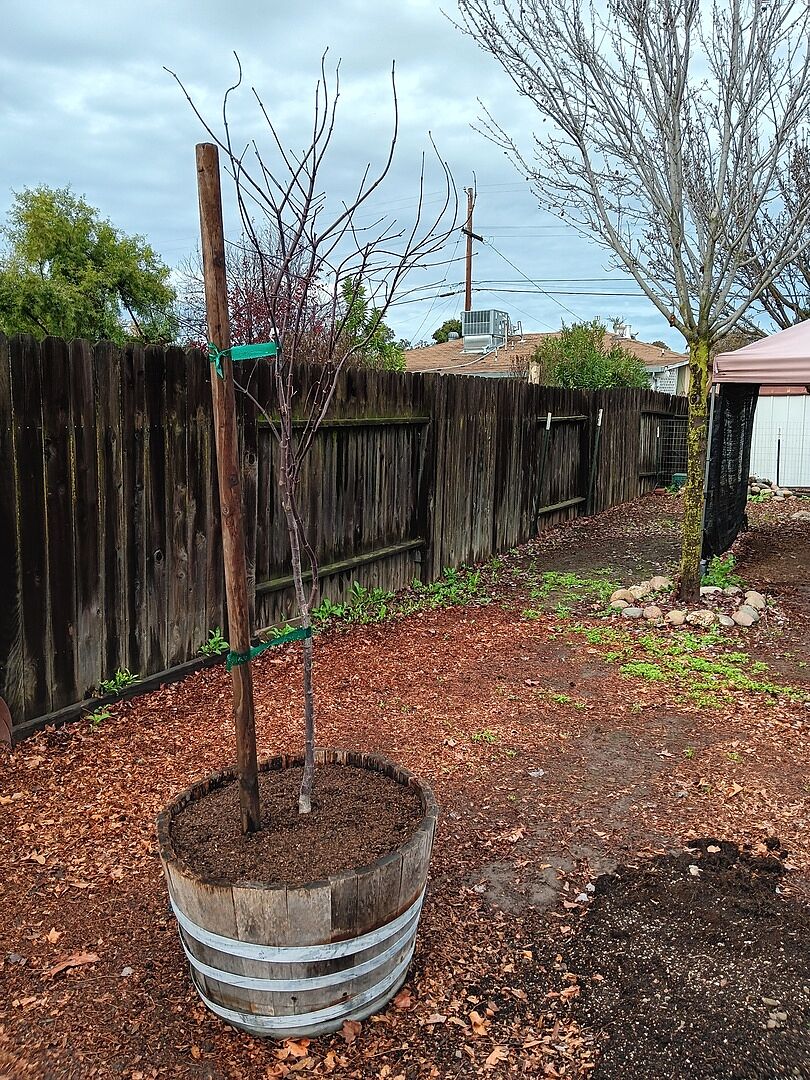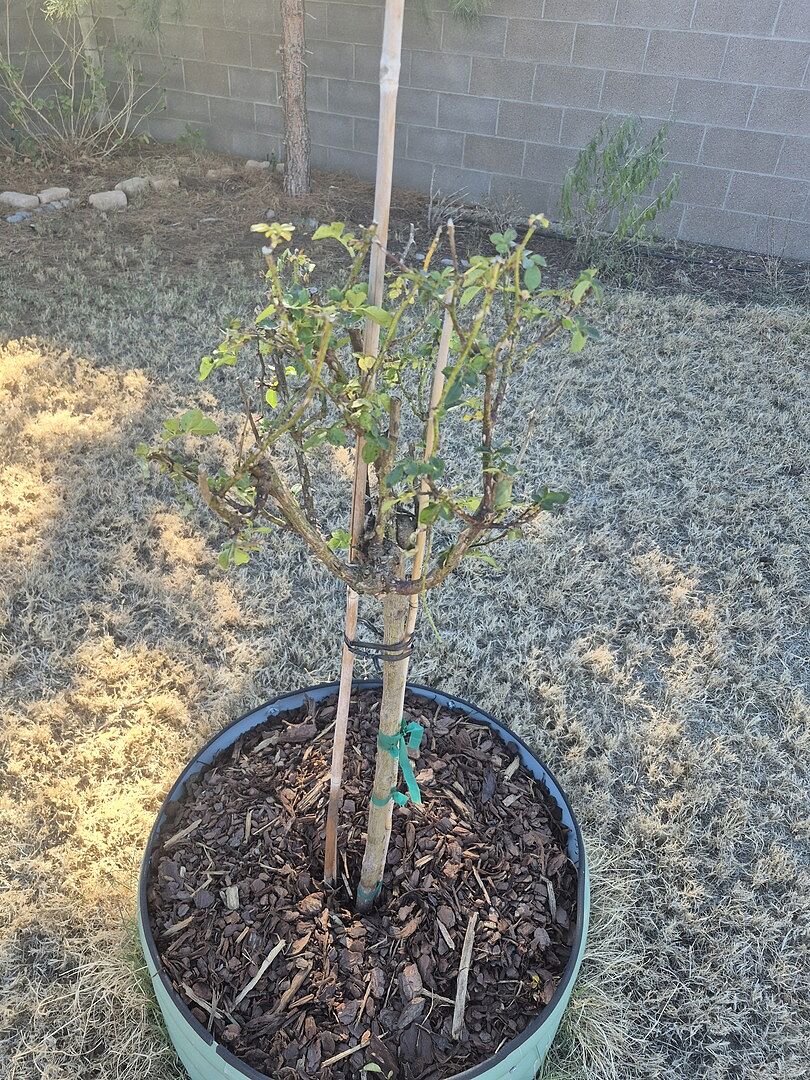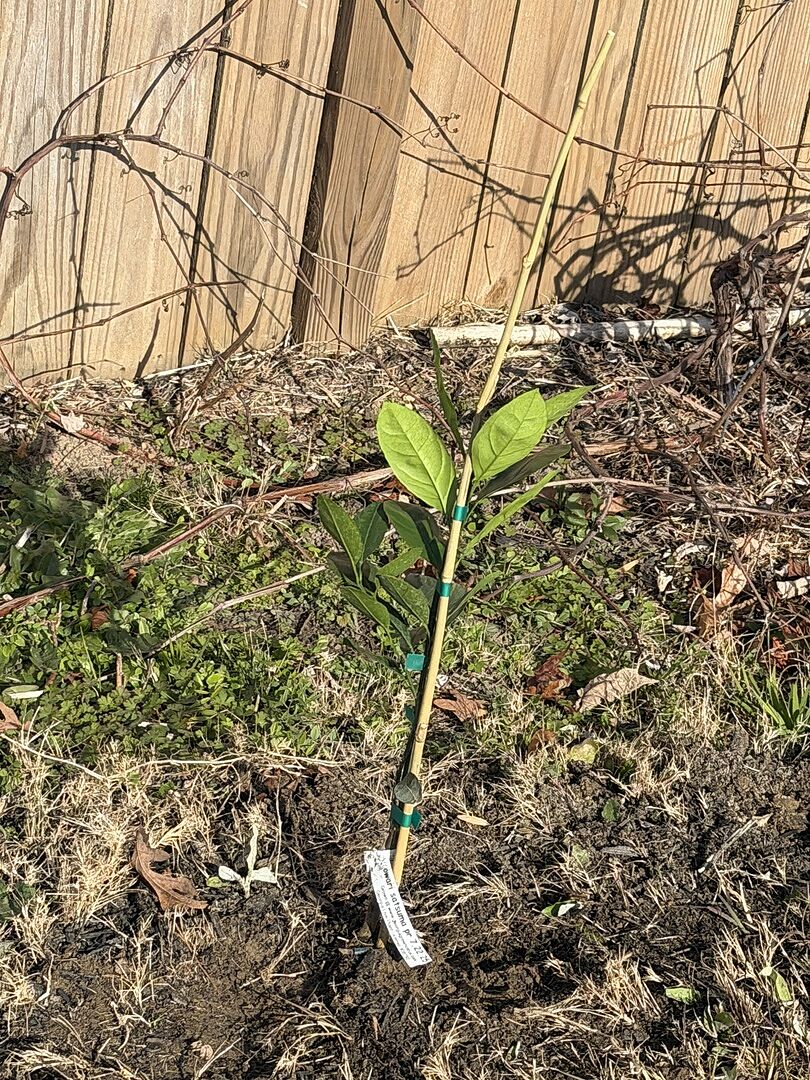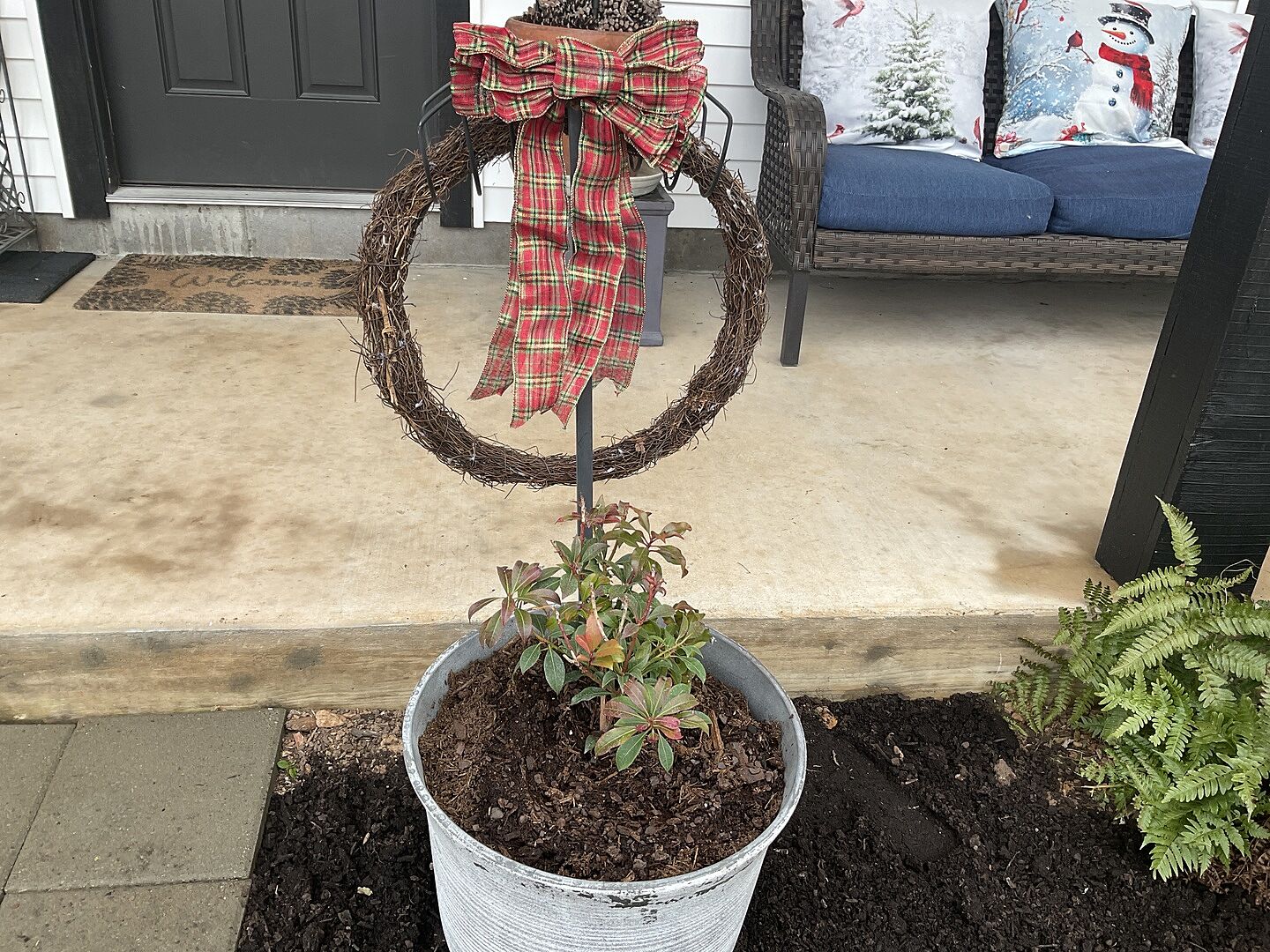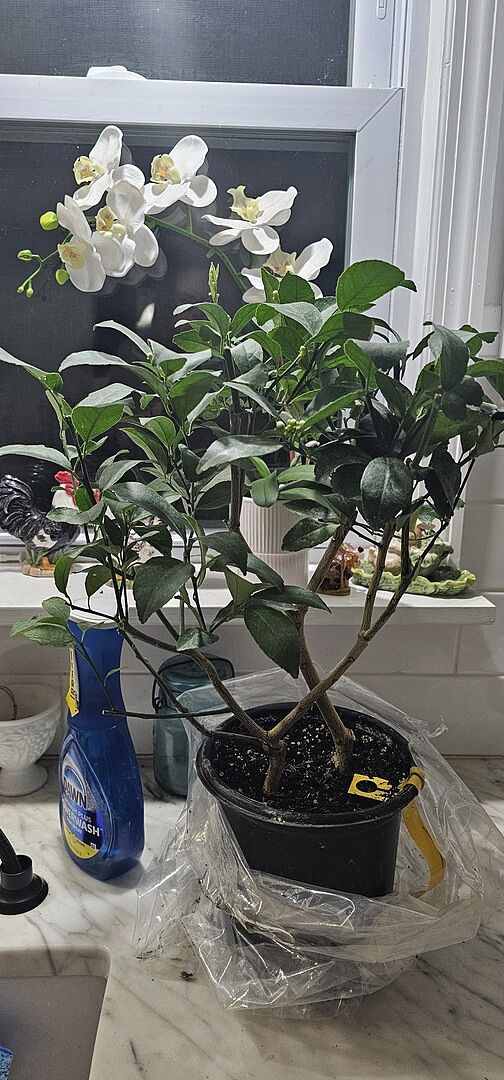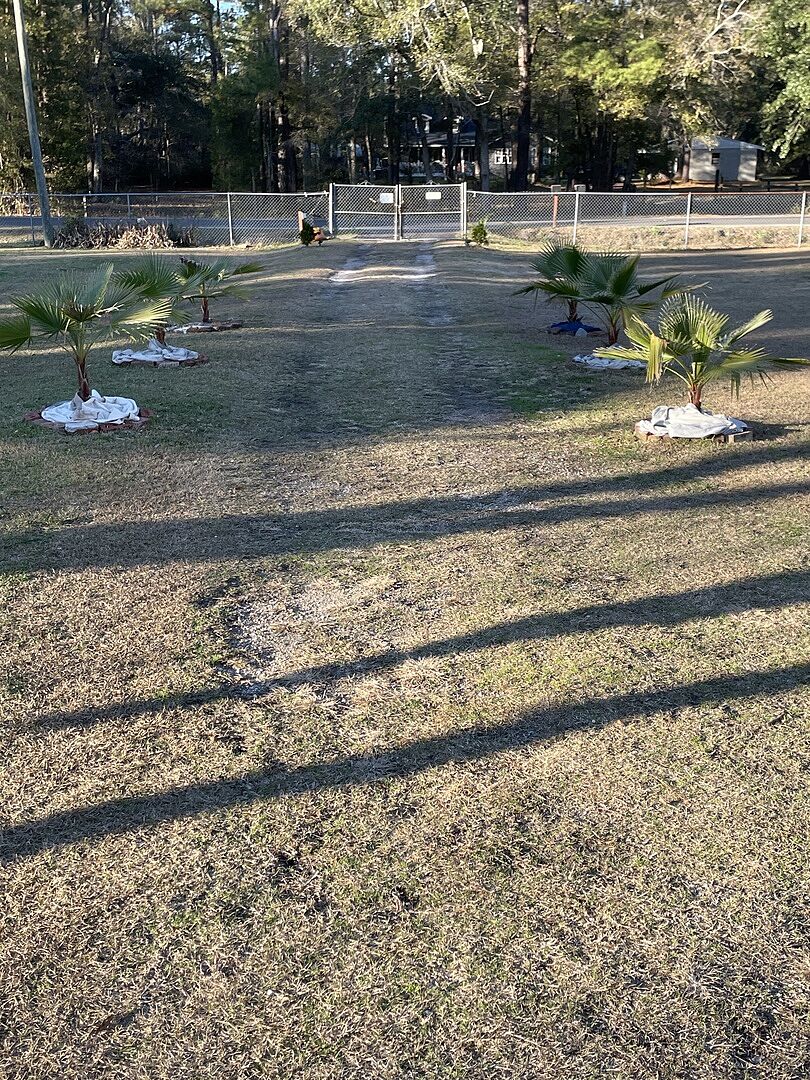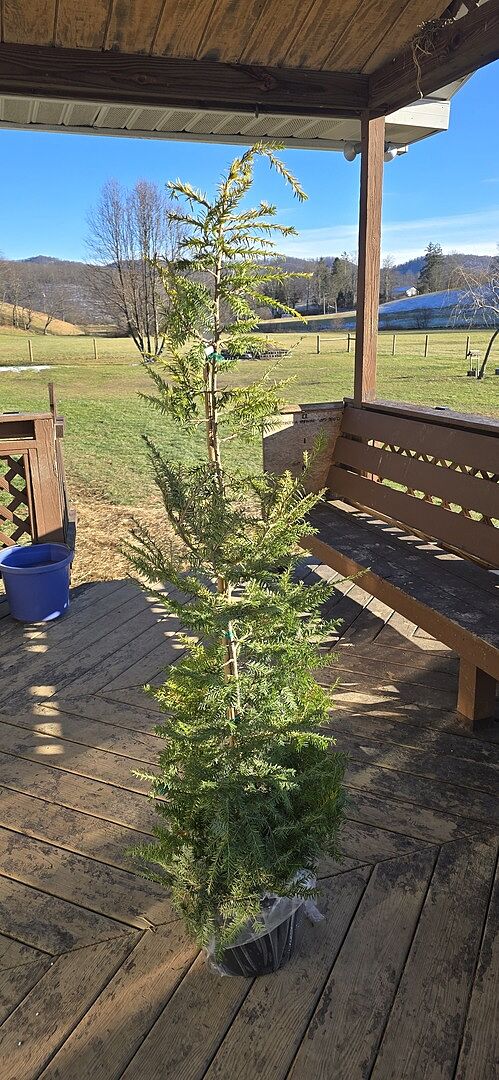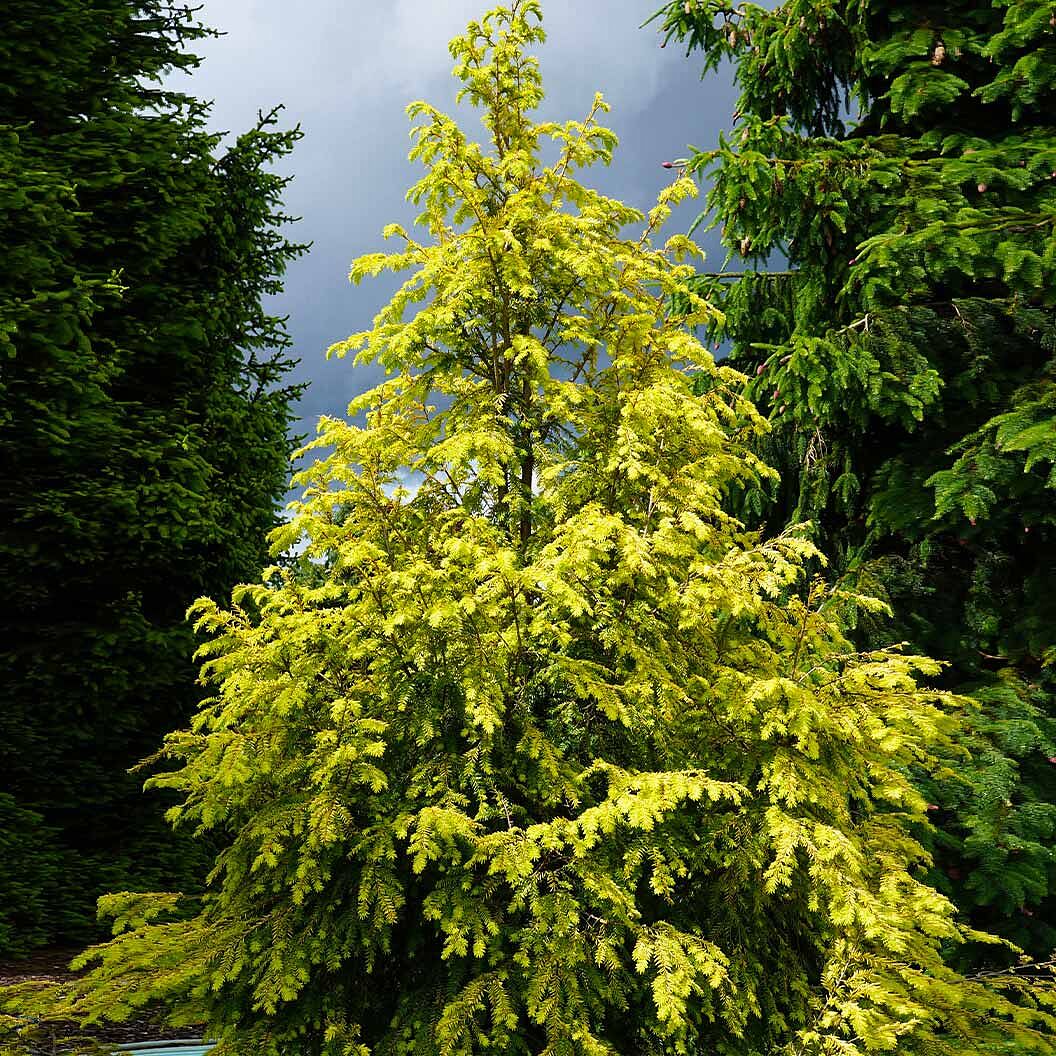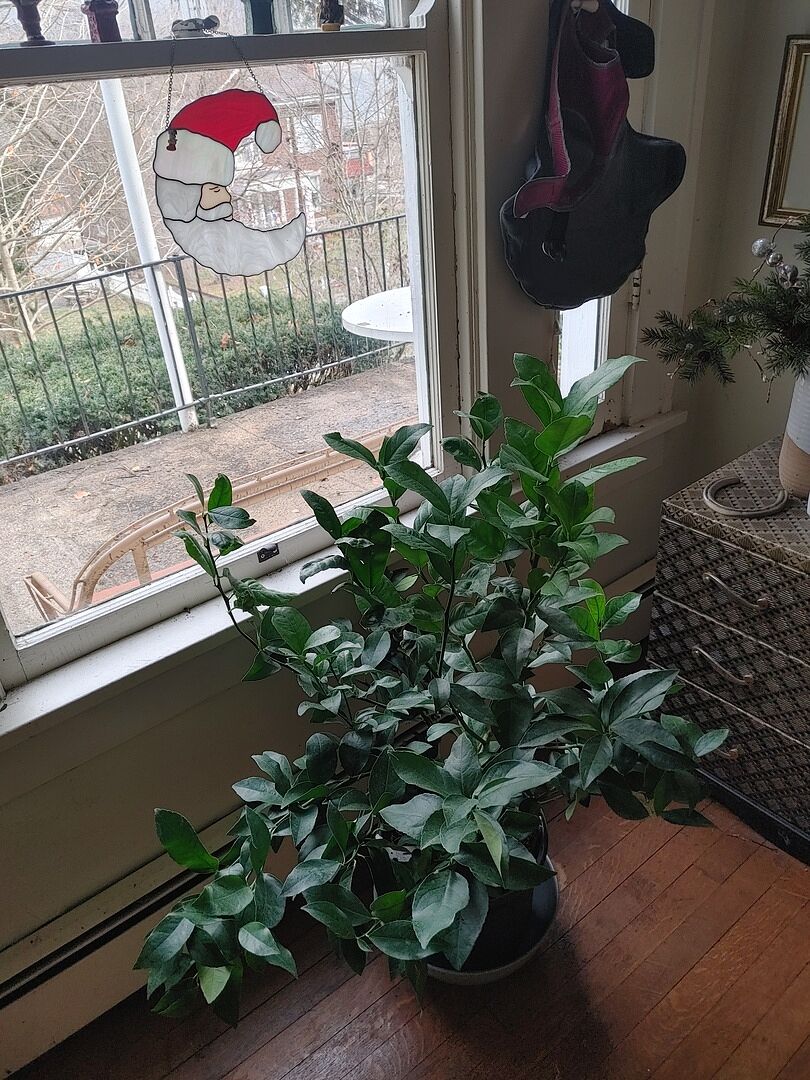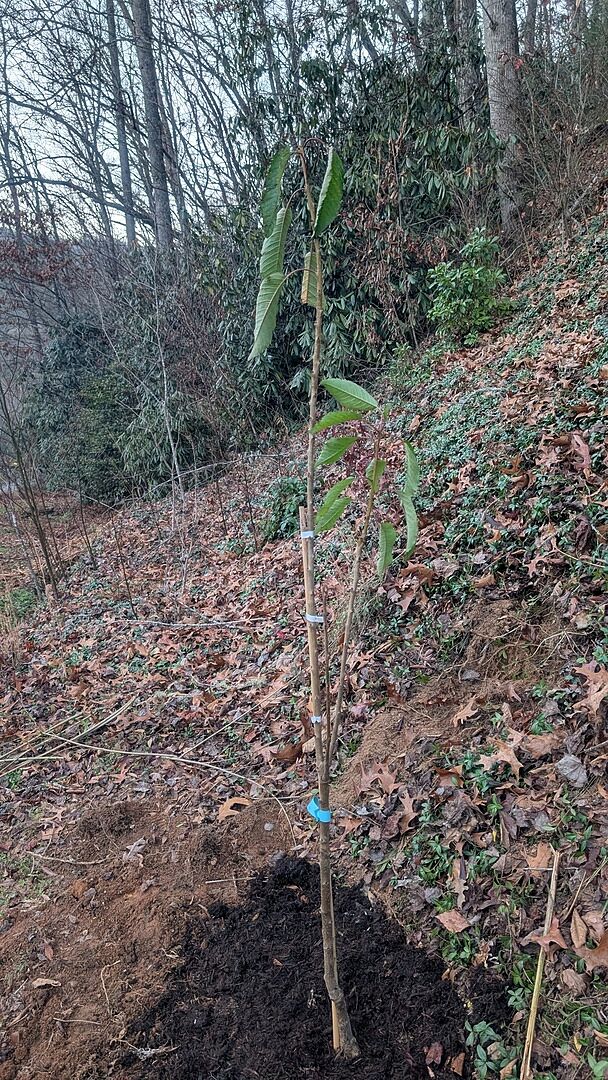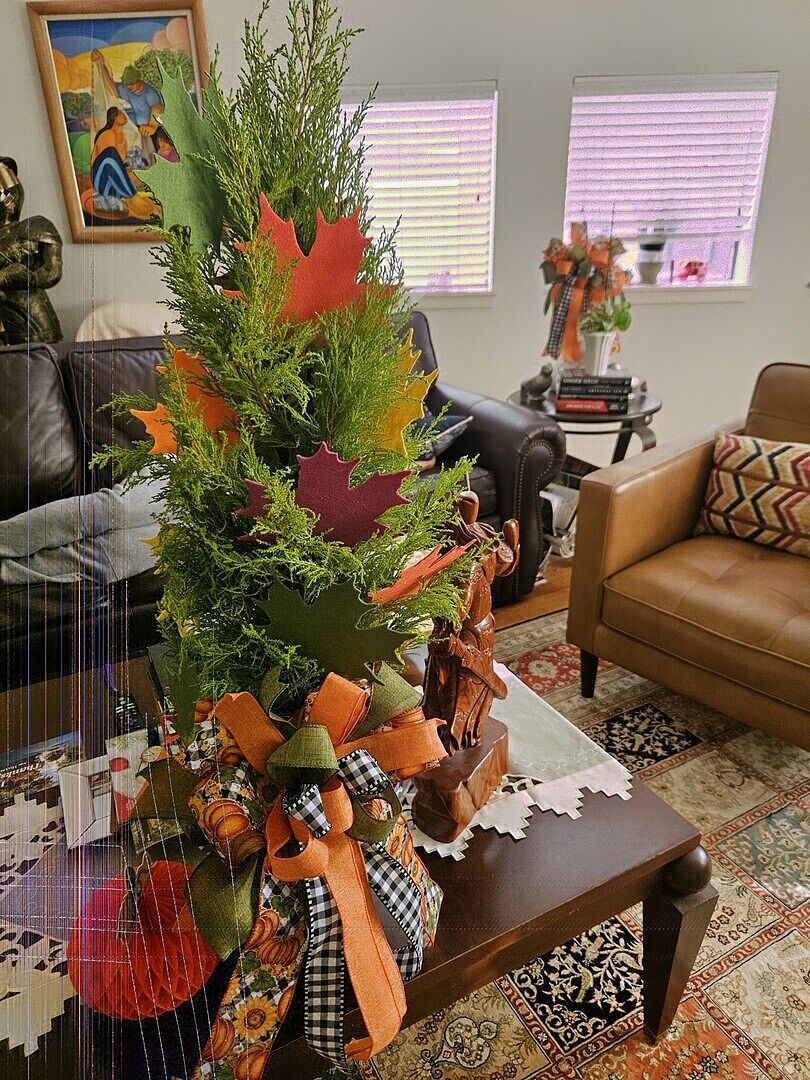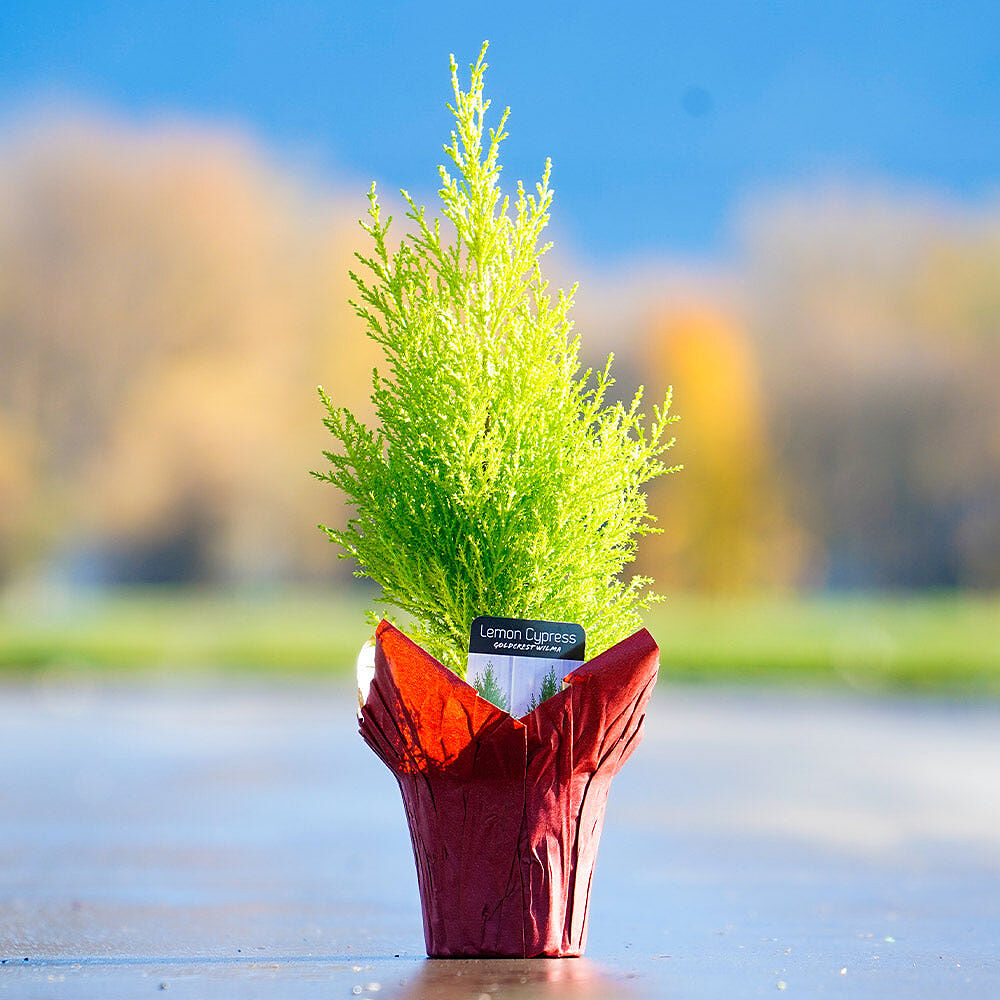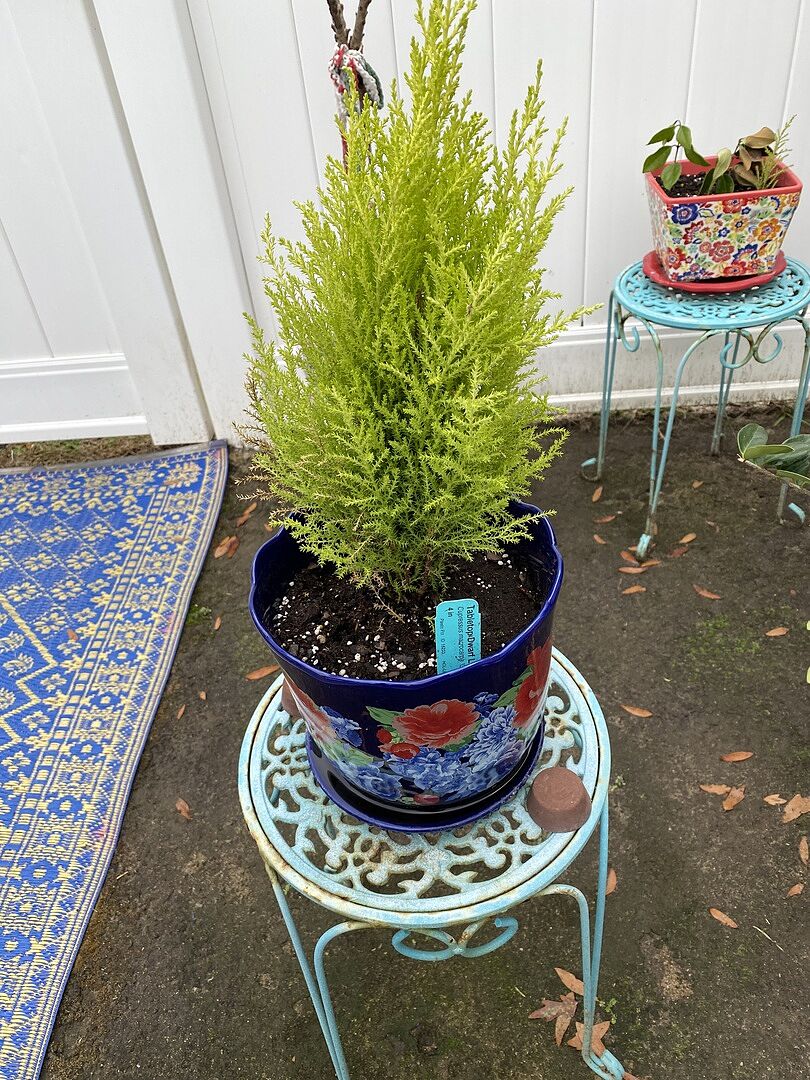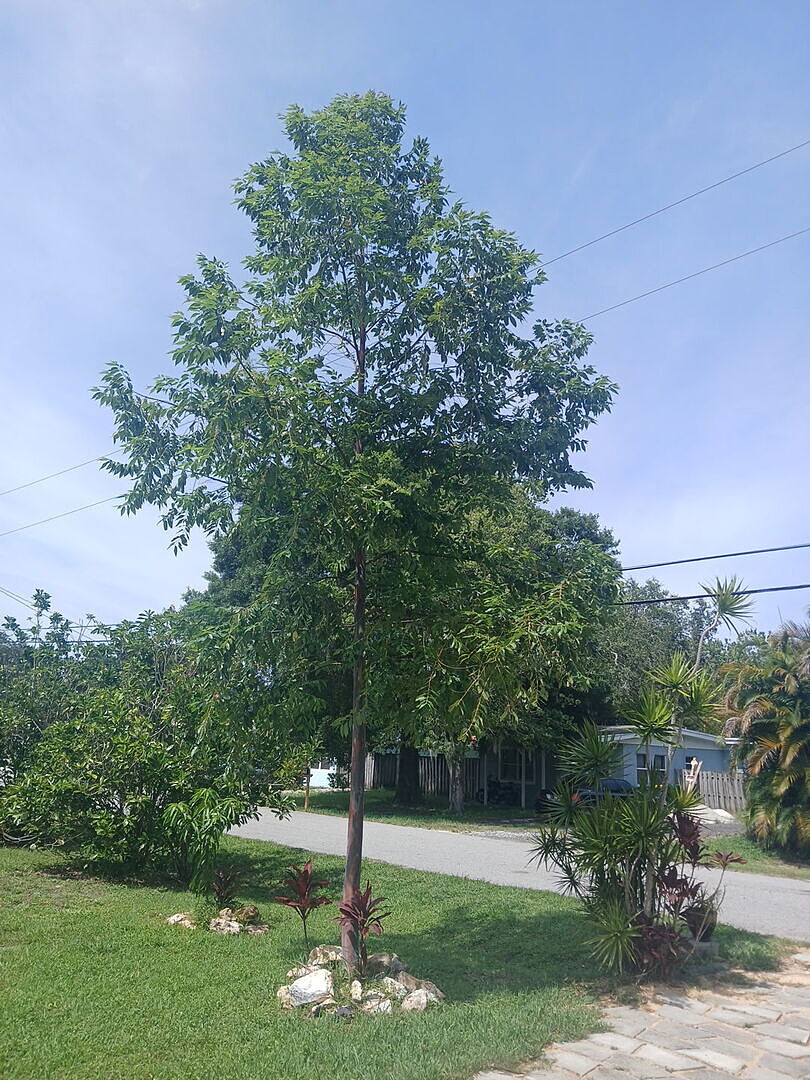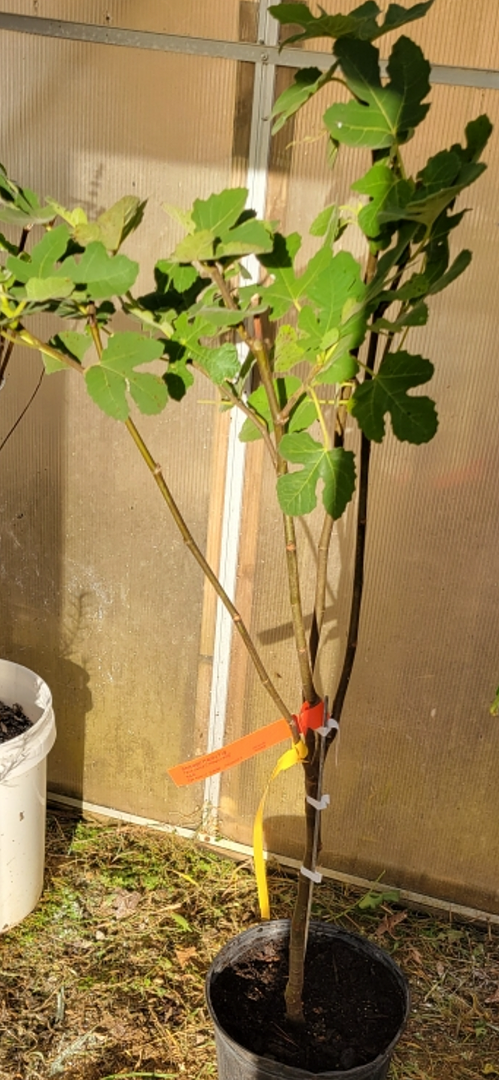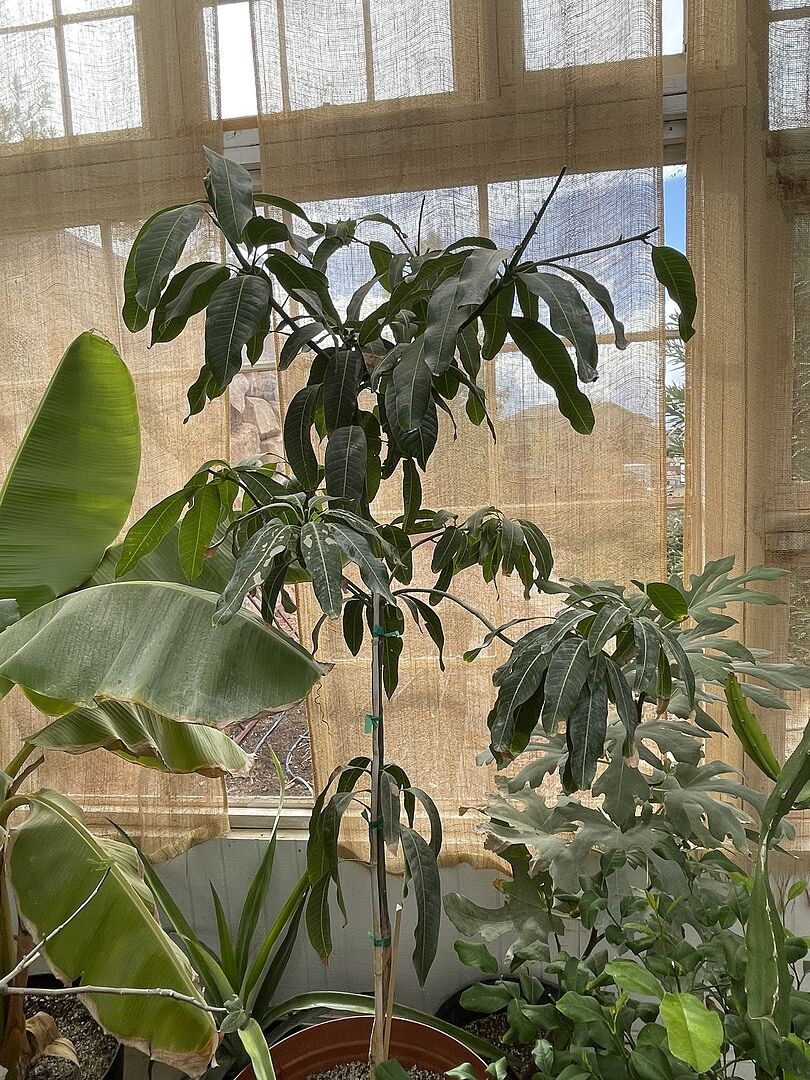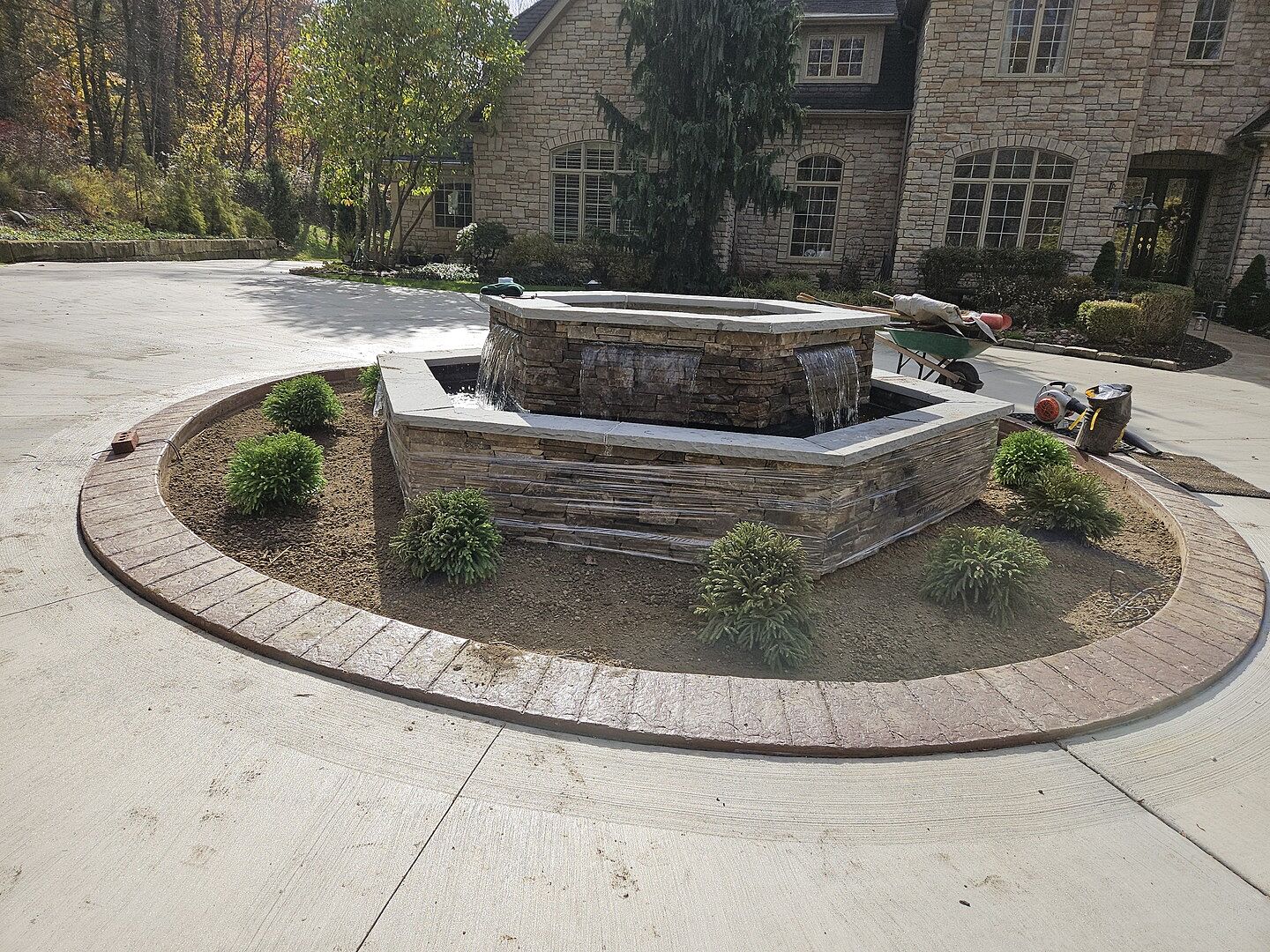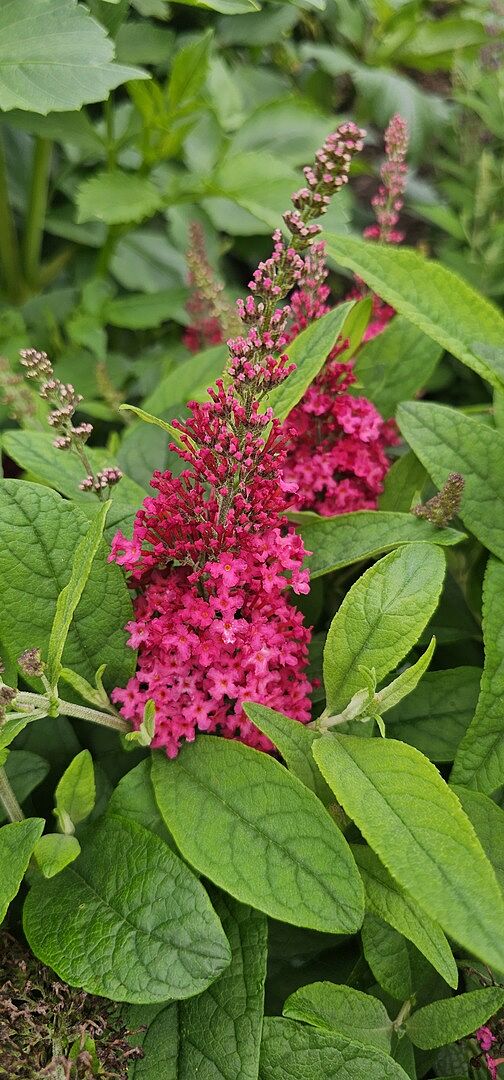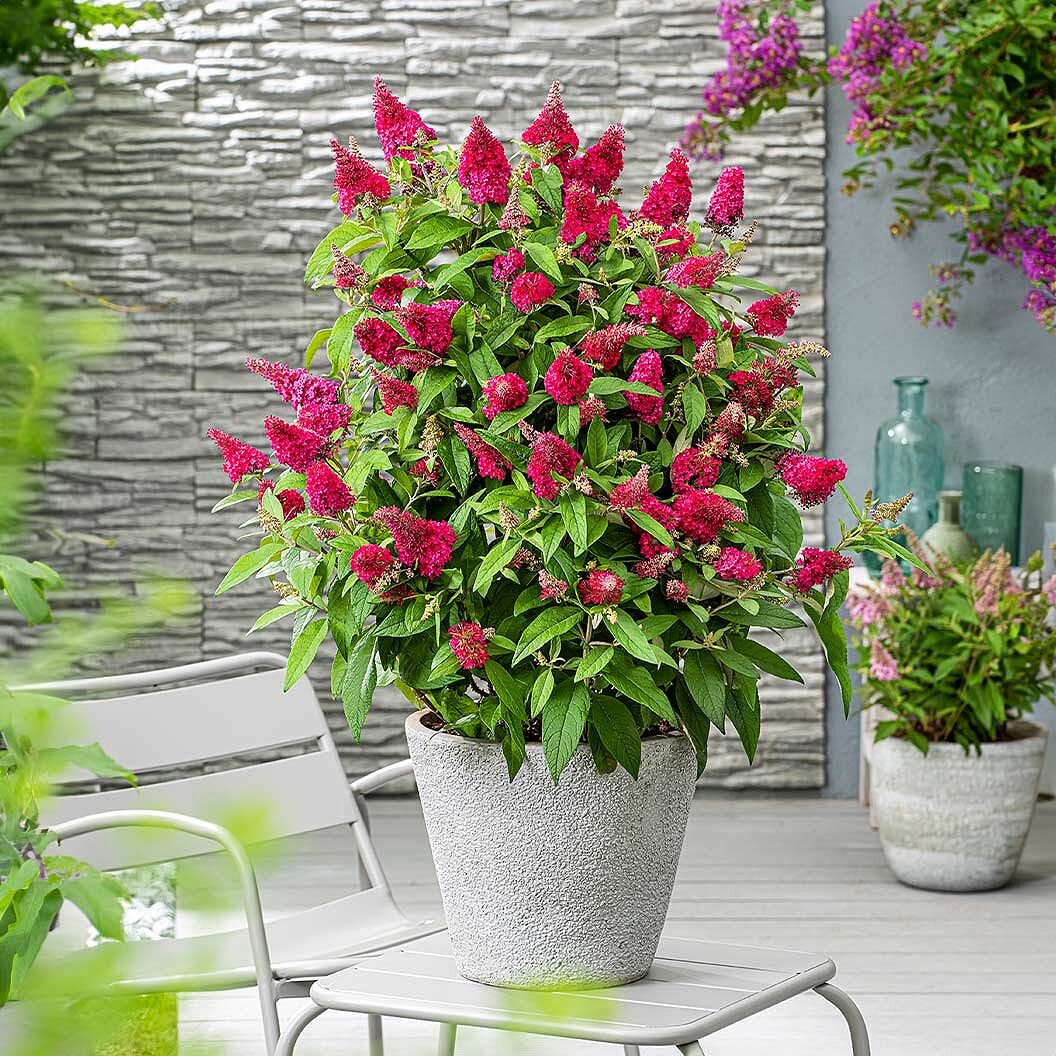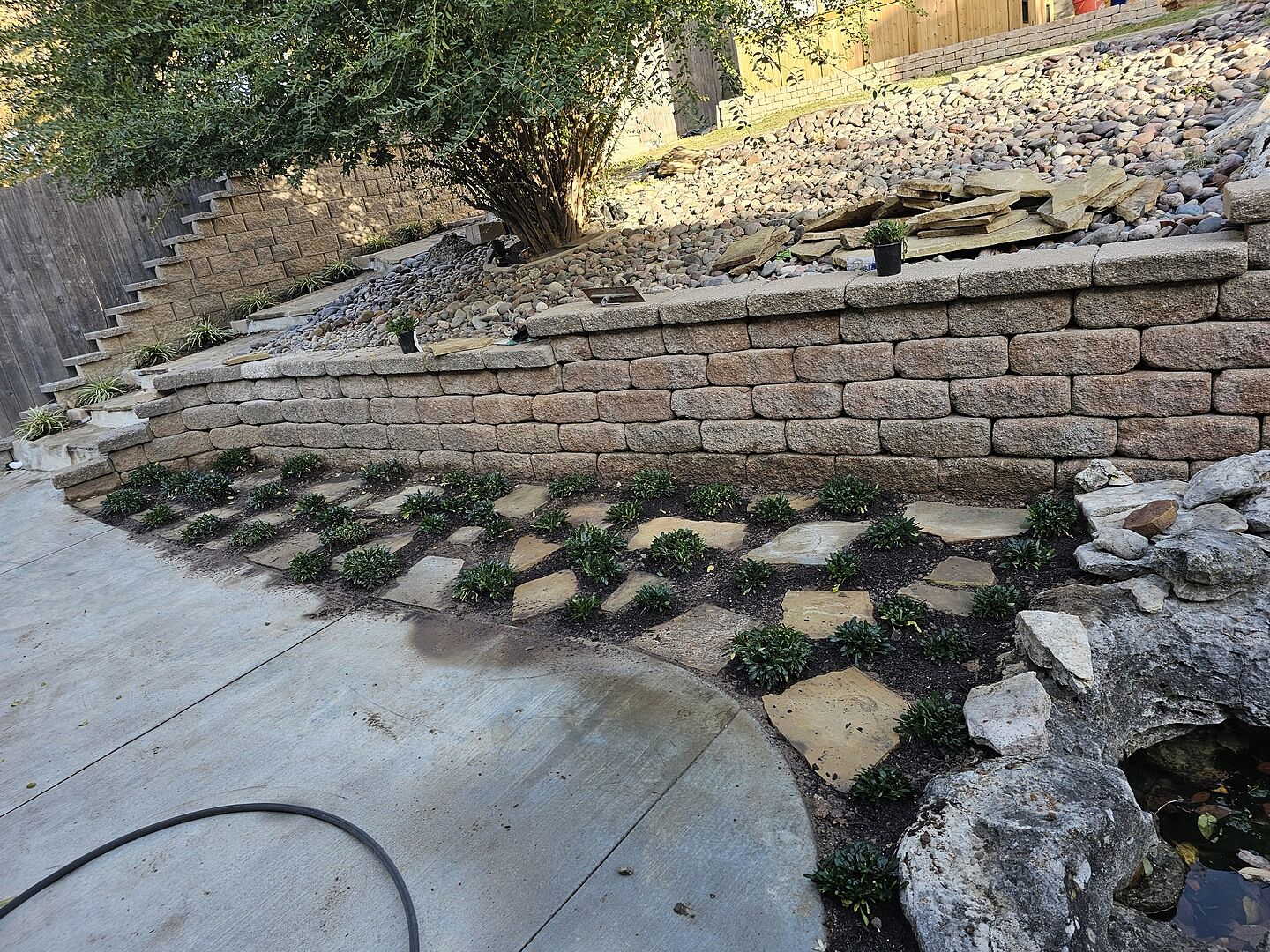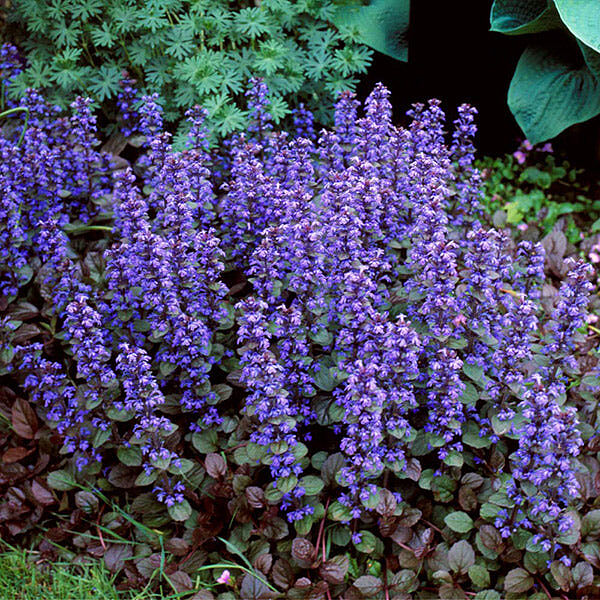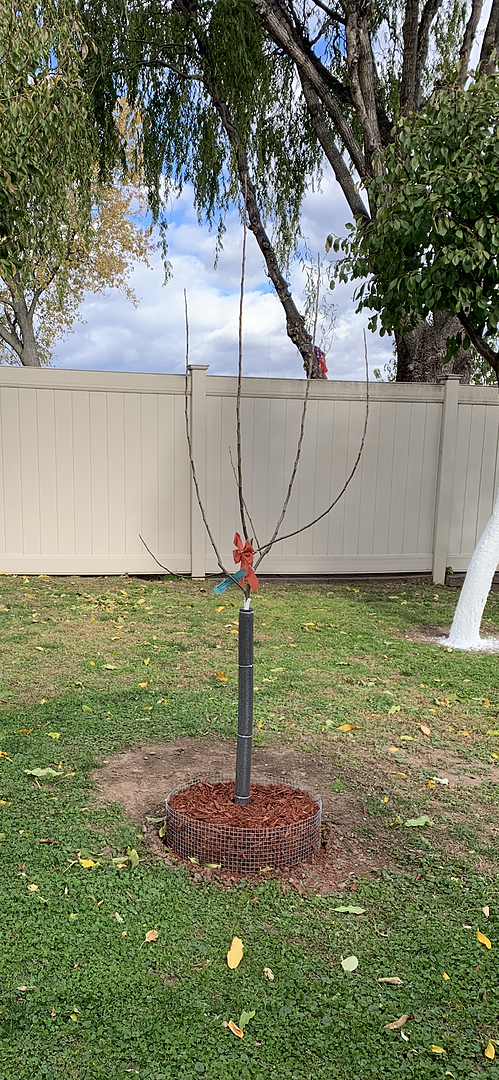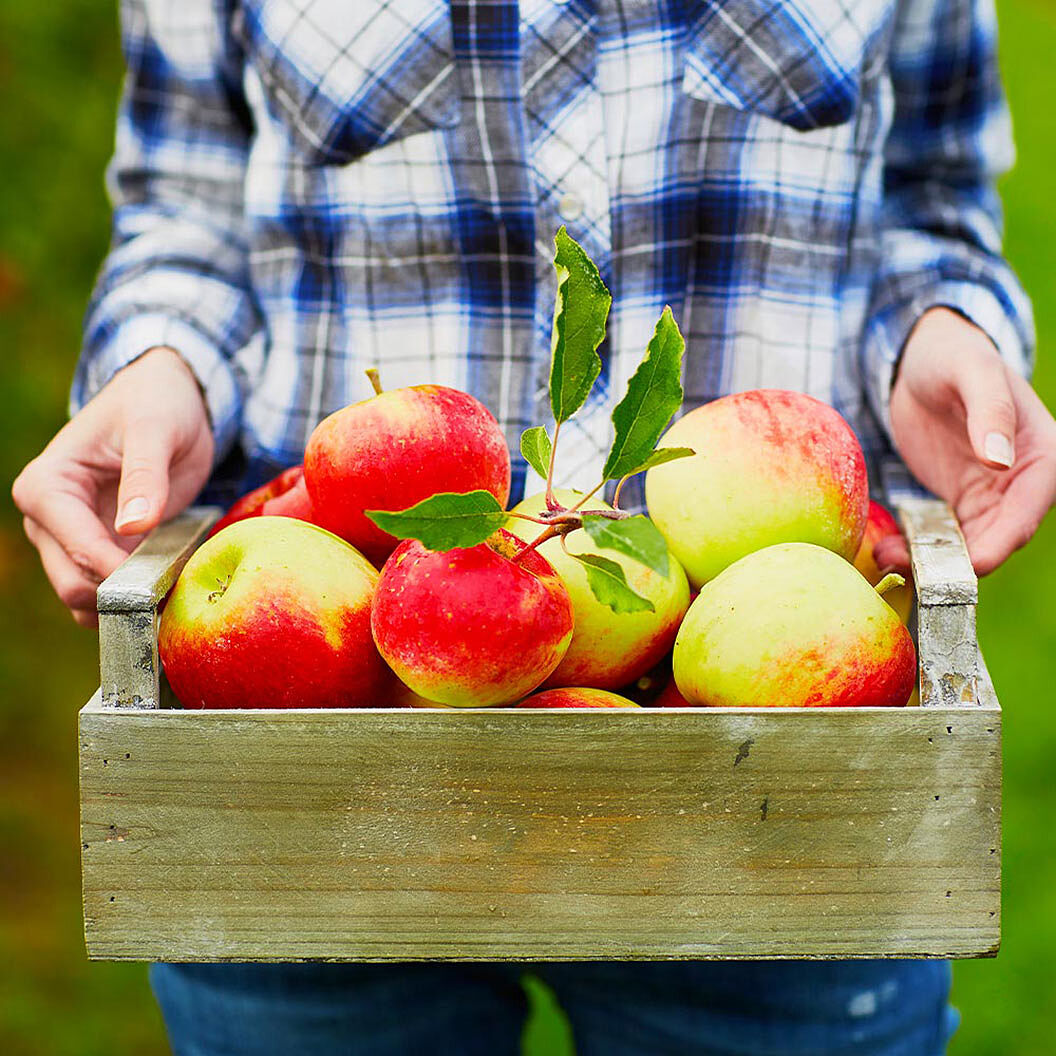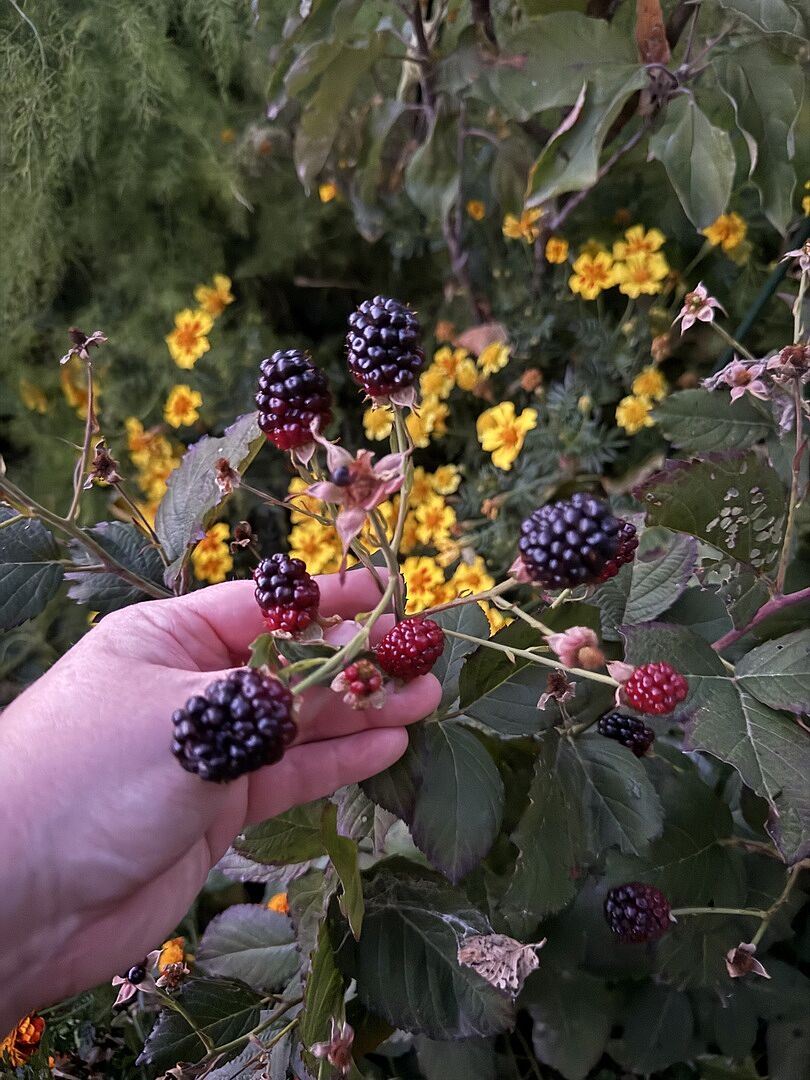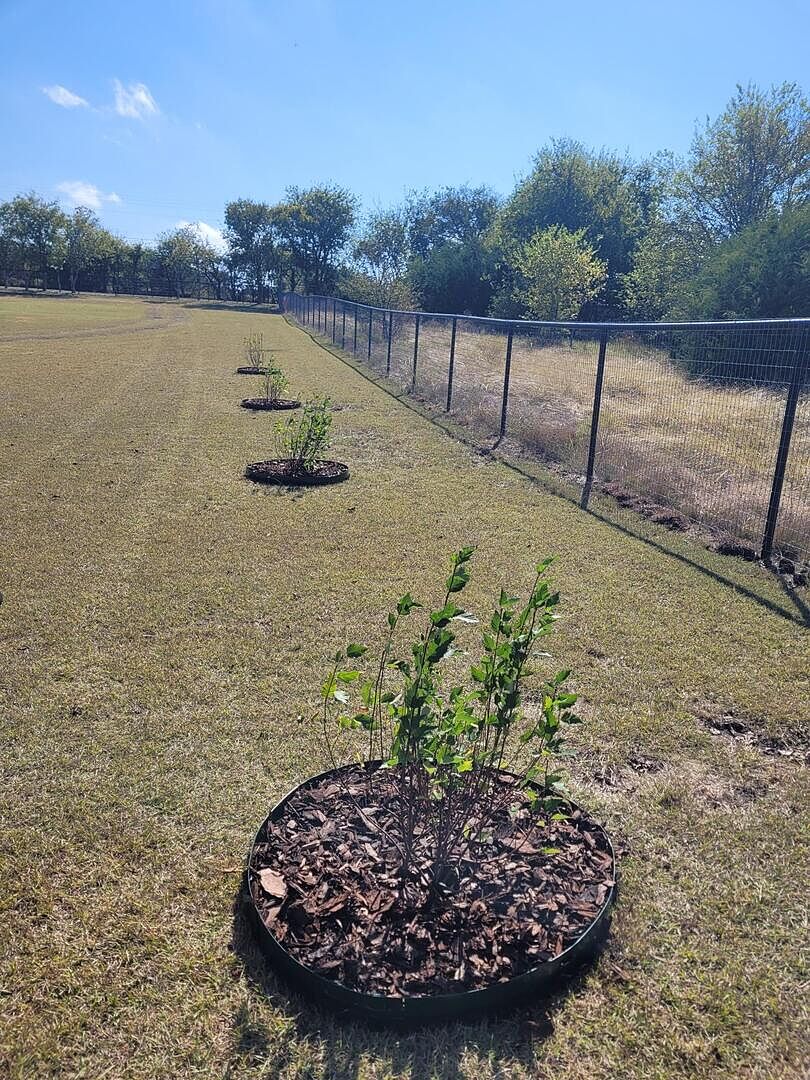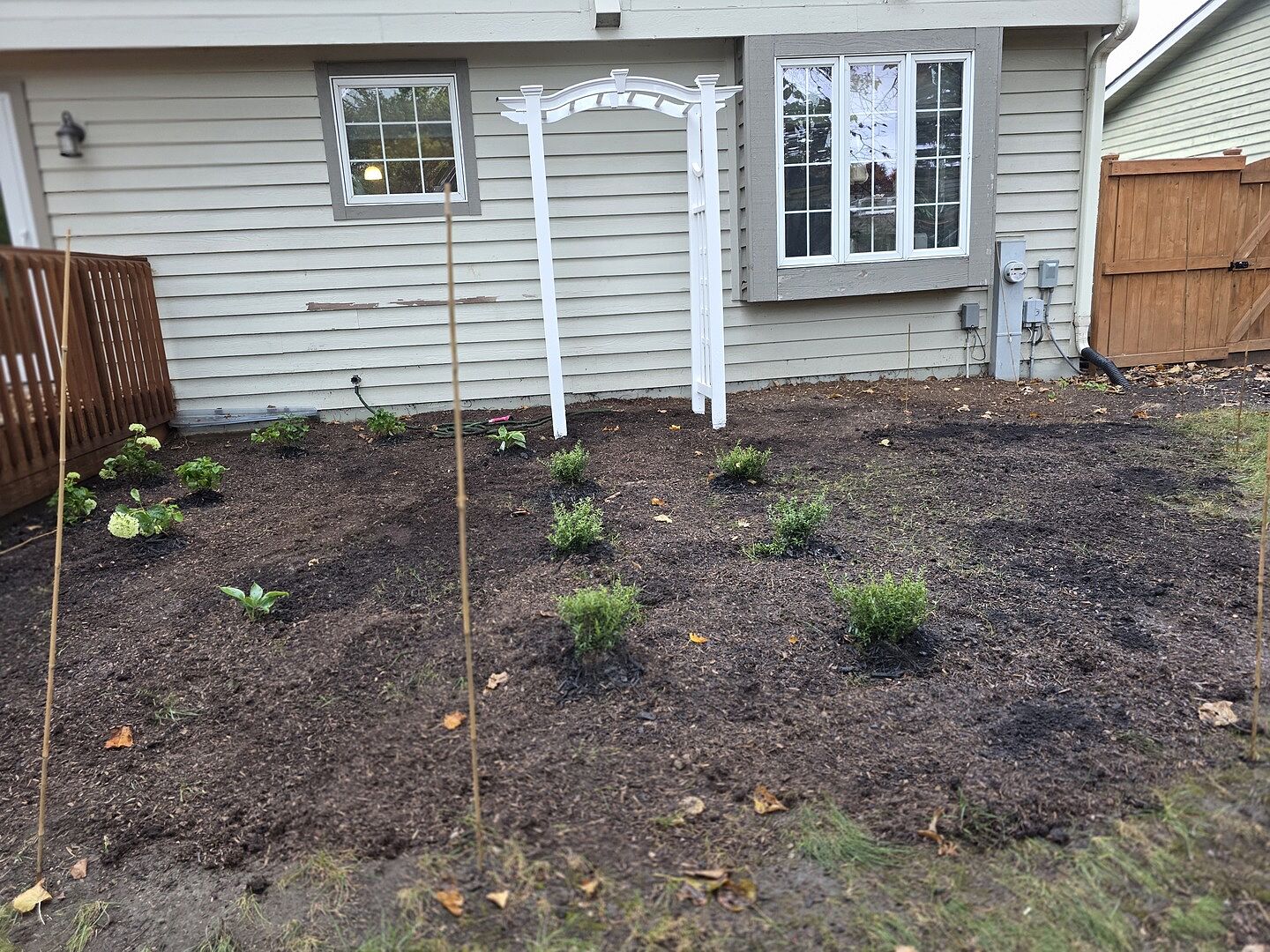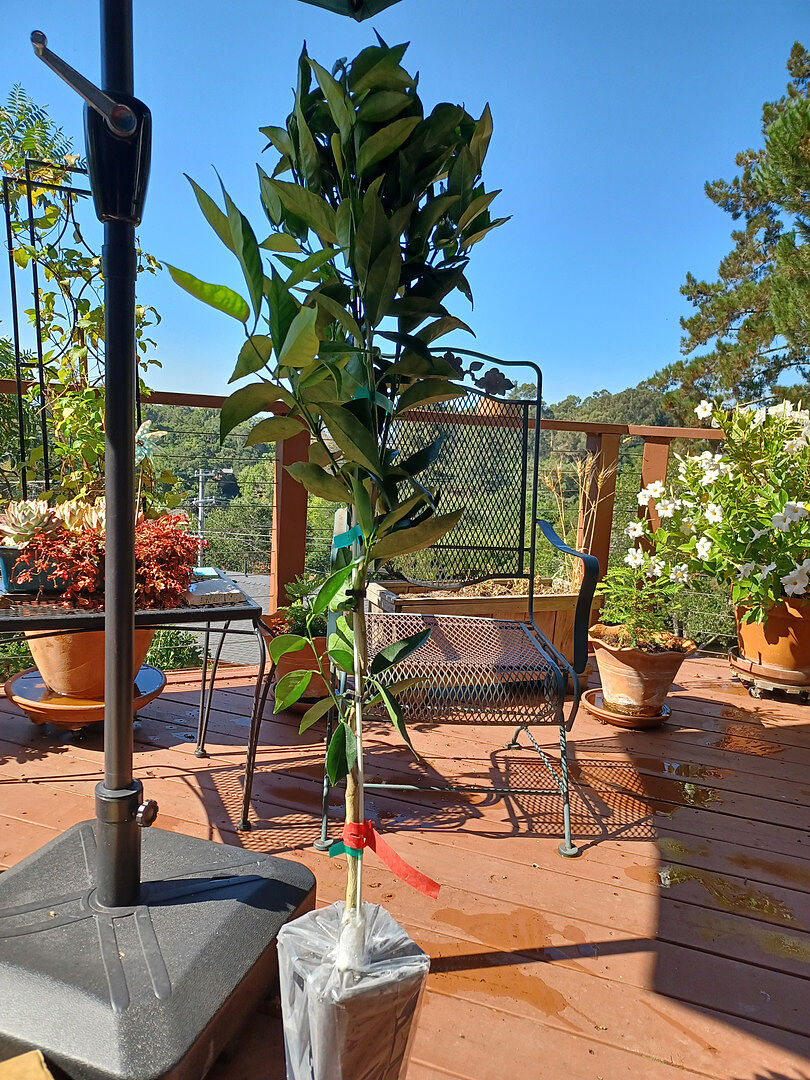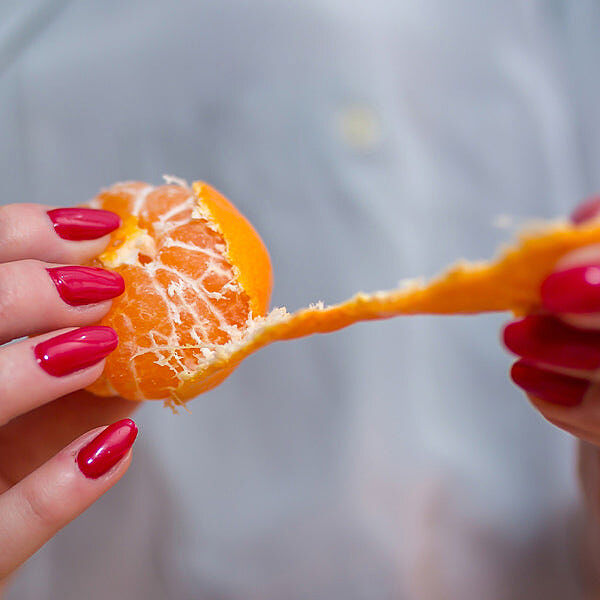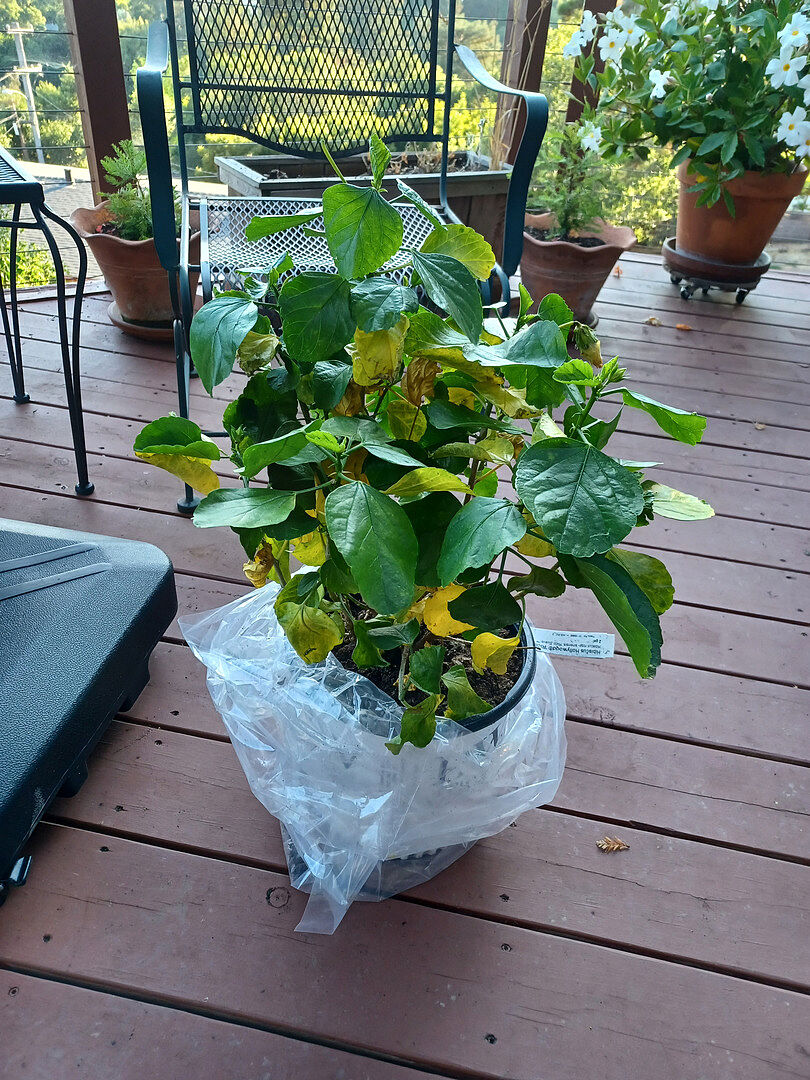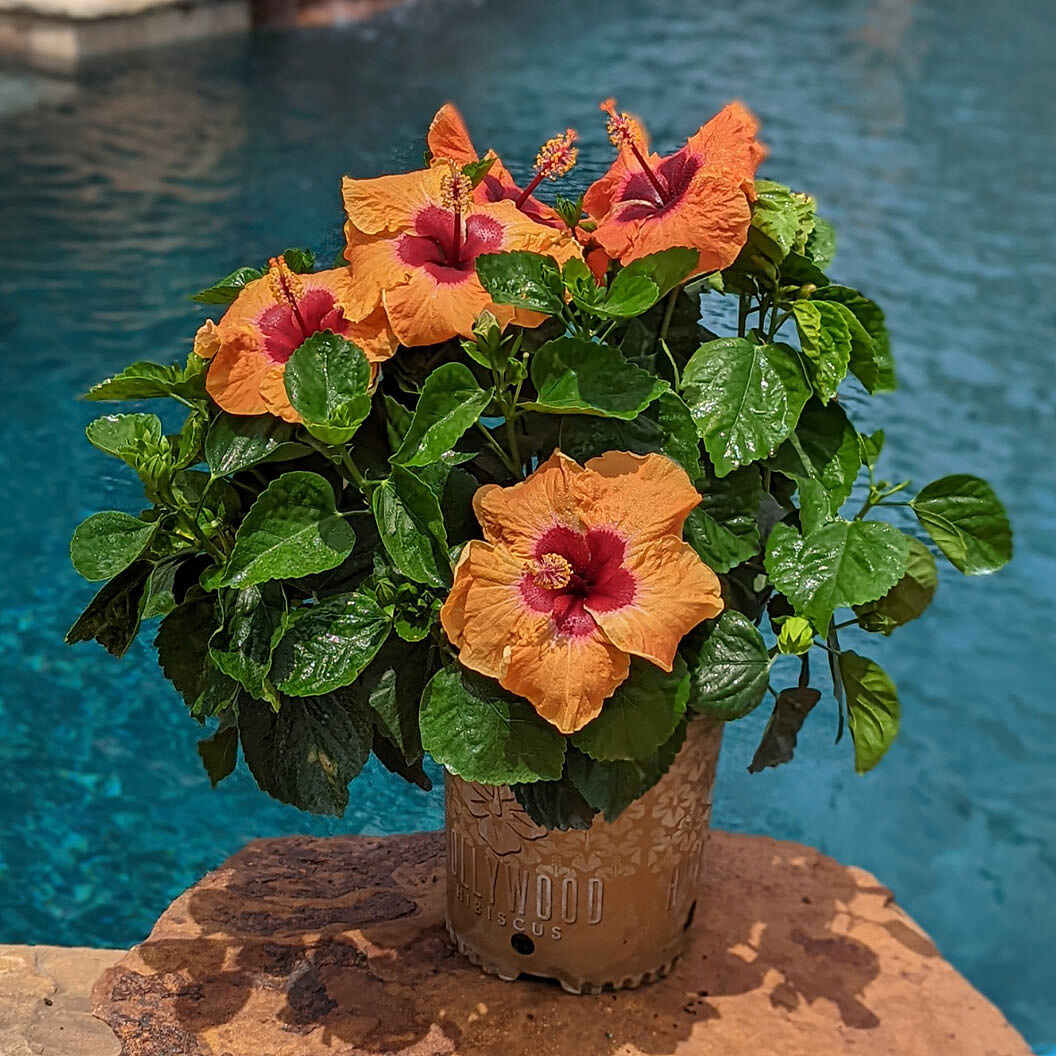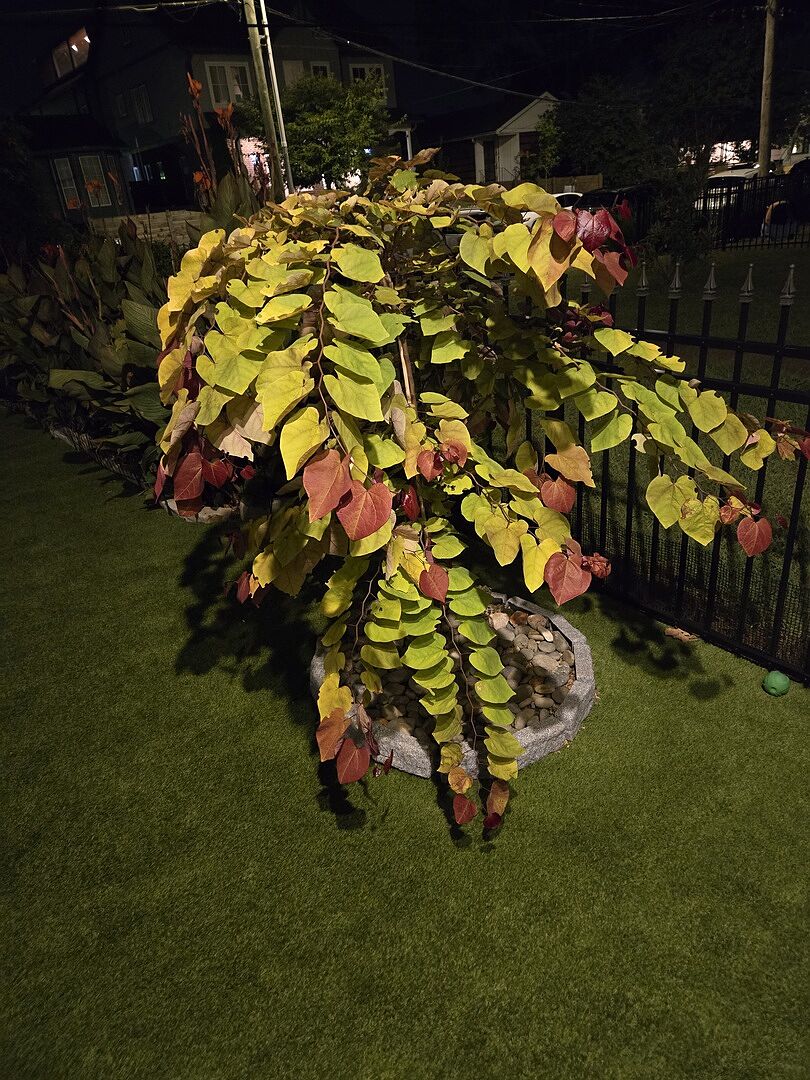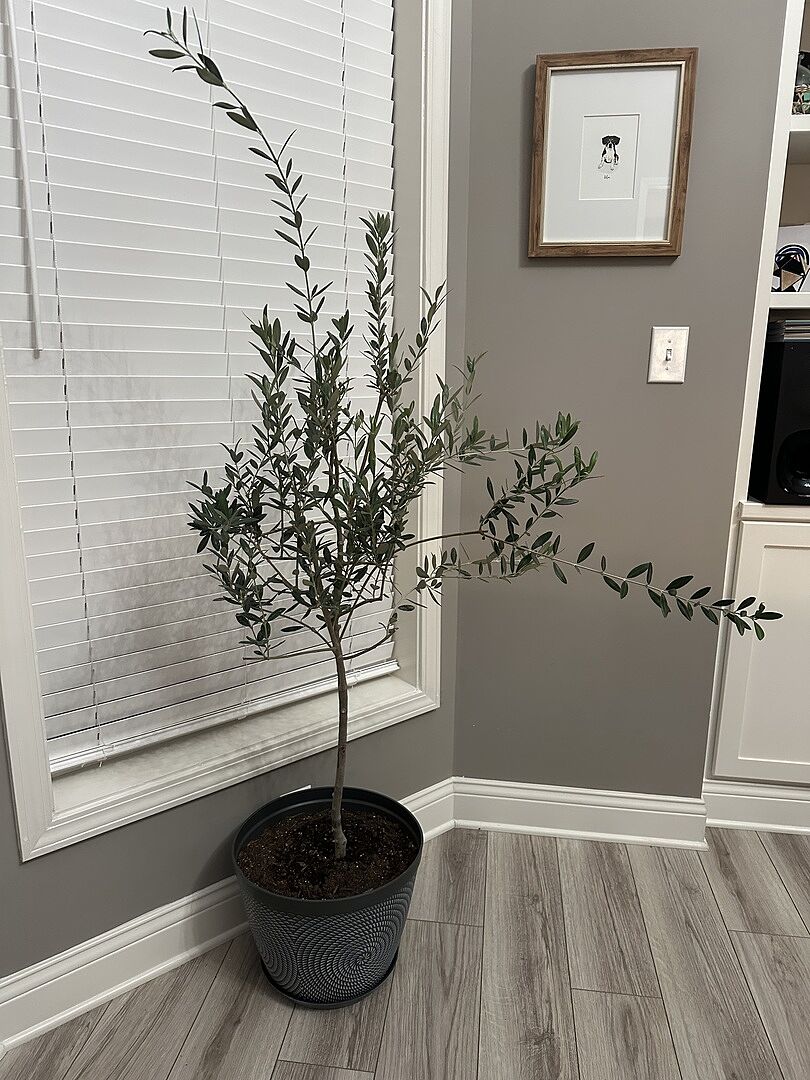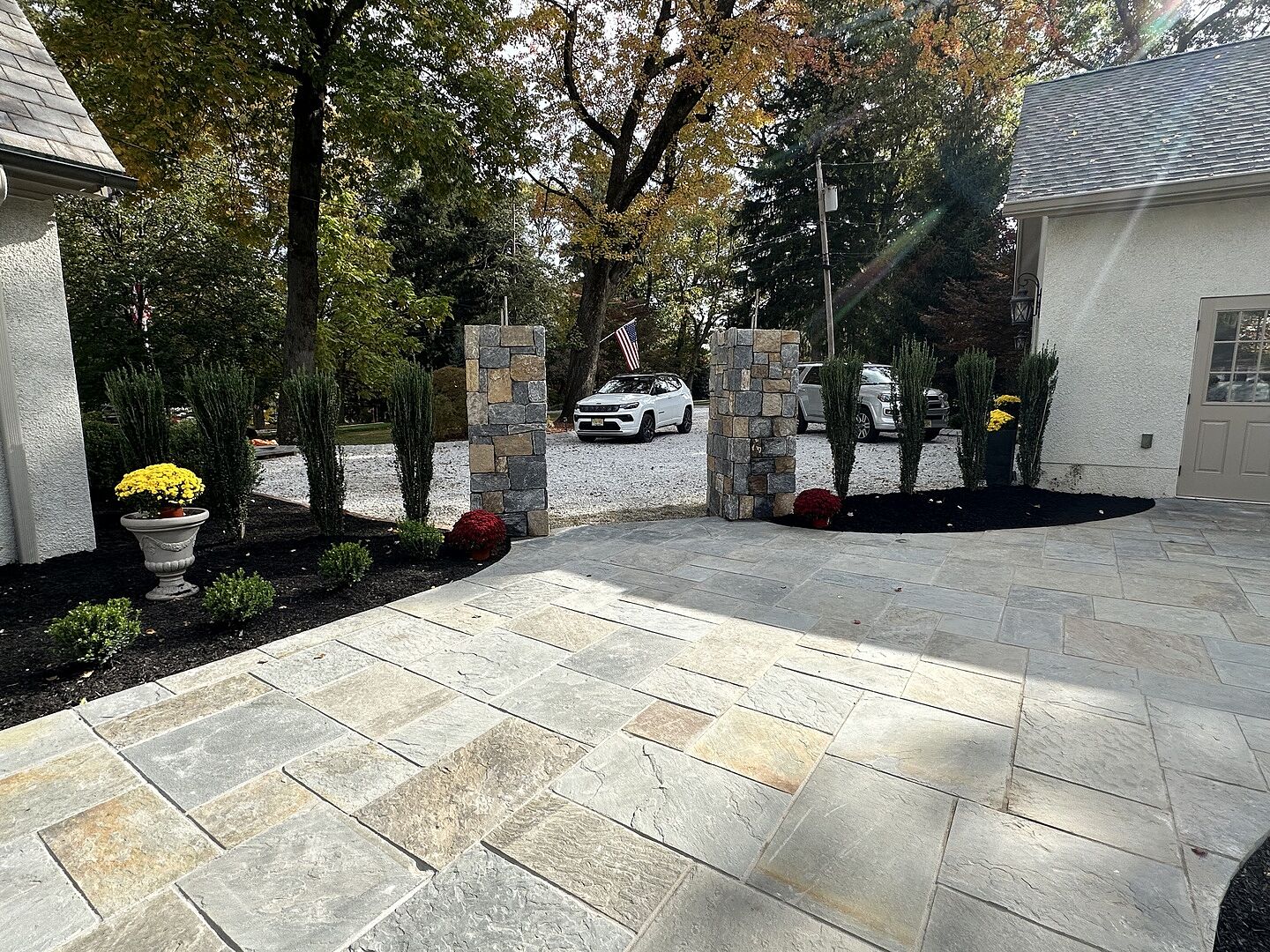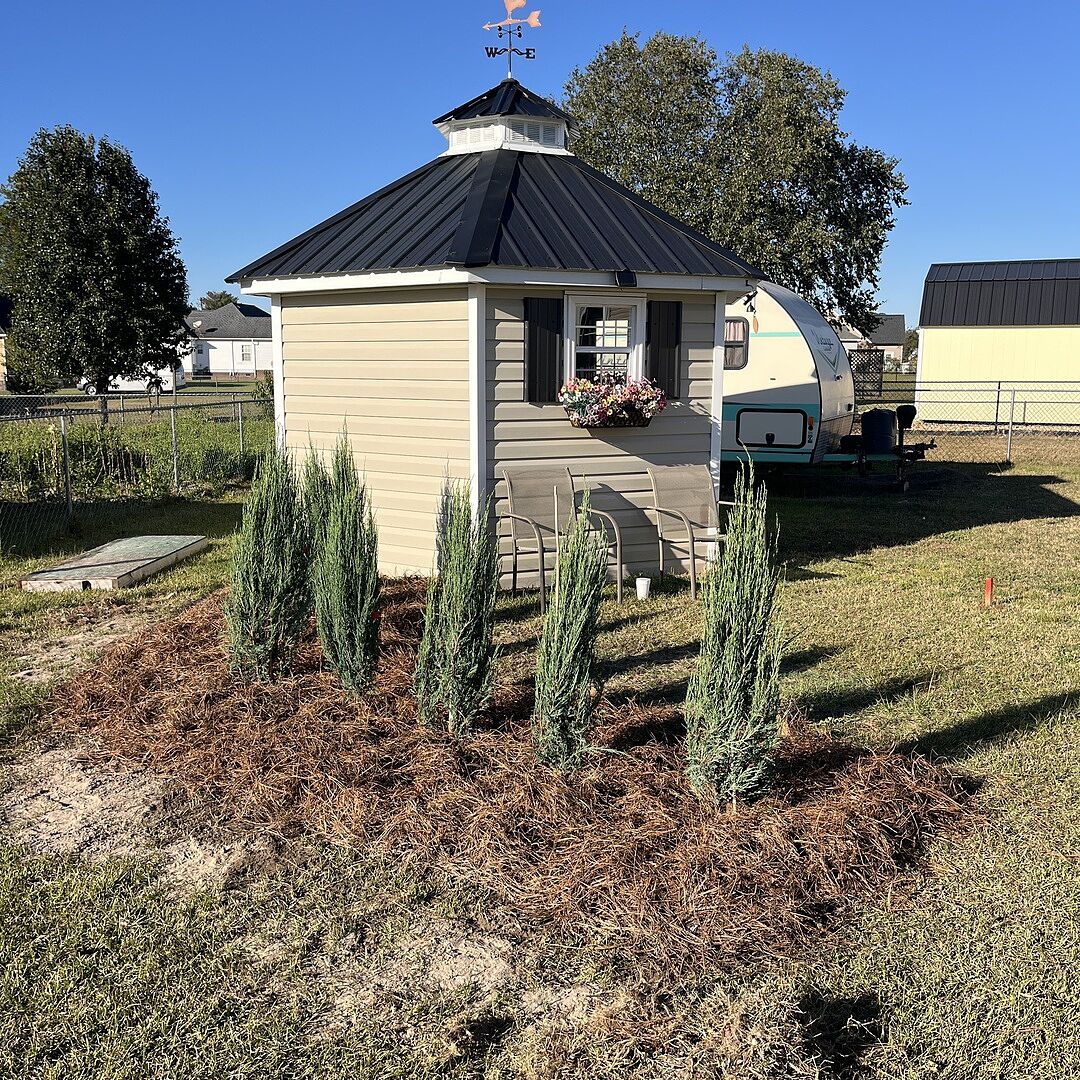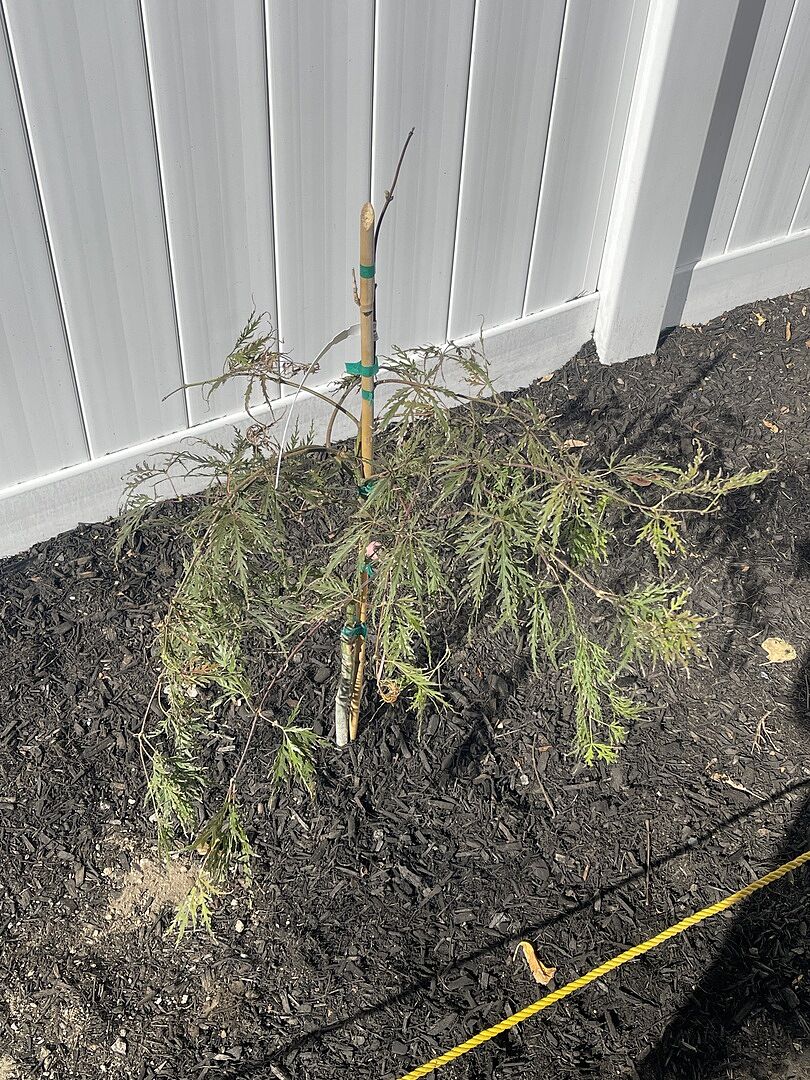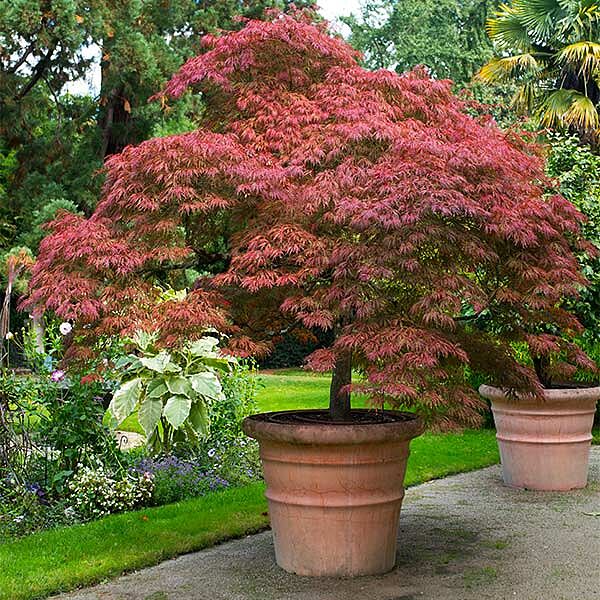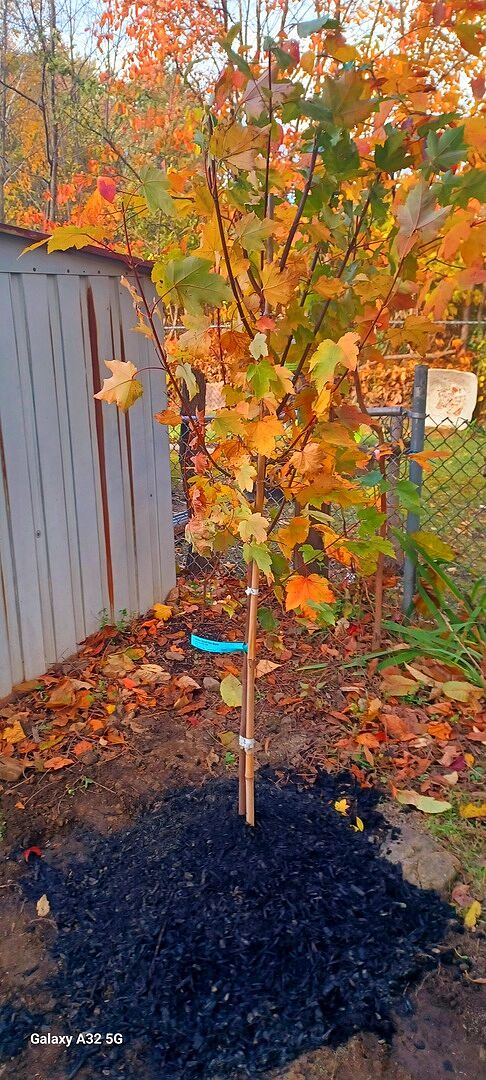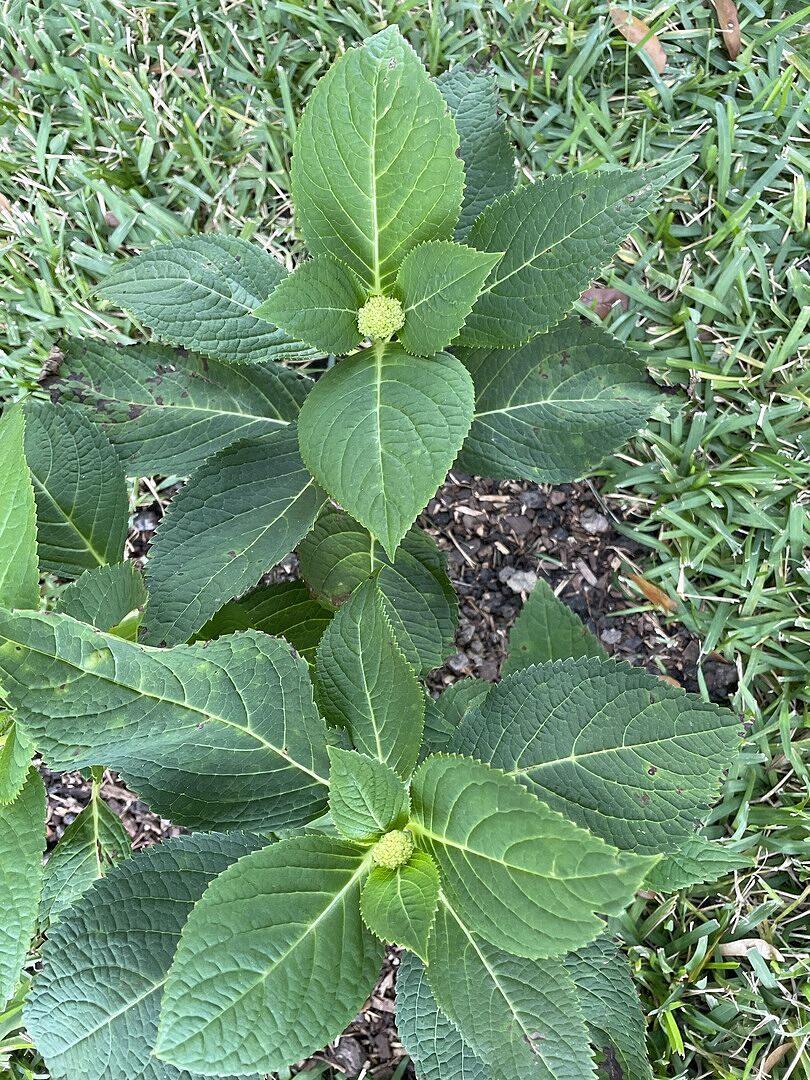Planting Trees in Summer: Tips & Tricks

Last updated: Jun 05 2020

Summer has officially started, and although some areas have already been experiencing drought conditions and extremely hot summer temperatures, summer planting is still in season. It’s not too late to plant!
Can You Plant Trees in the Summer?
Yes! Planting trees in summer months like July is totally doable as long as you pay close attention to its needs. Most trees and plants grow the fastest during the hot summer months. But for best results, make sure that your plants are potted in their own soil and are well-rooted. Avoid trees that arrive bare root. Bare root is when the soil has been washed off the roots.
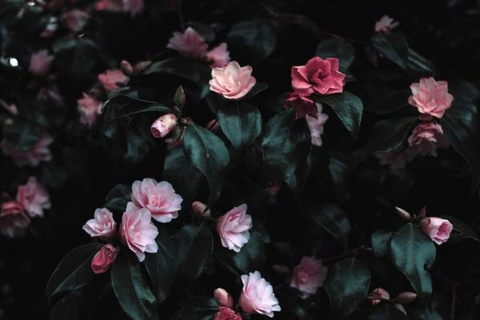
Watering New Plants in Summer
First thing’s first: pay attention to your plant’s watering needs. By looking at your plant’s leaves, you can tell a lot about how much water they need. If the leaves are starting to turn light brown and curling, then your plant is dry and needs more water.
After first planting your new tree, slowly increase the amount of water you give it. It’s best to give your plants a slow, deep watering every few days. By holding a hose to your plant’s base and counting to 20 seconds, the water will soak deeper into the soil. This will result in a more rooted plant with roots that are deeper in the ground soil, which often holds more moisture for plants to utilize. Roots tend to spread out as much as the plant’s canopy does. A tree’s branches are a mirror image for the root system that we can’t see underground.
When it comes to how often you should water your tree or plant, remember that each plant has its own individual watering needs. If you aren’t sure about how often to water your plants, feel the soil. If it feels close to drying out, or moist, this will be a good indicator.
Best Time To Water Plants in Summer
The best time to give your plants water during the summer is in the early morning or evening, near dusk. If you don’t have time to check on your plant’s soil multiple times a week, consider getting a gator bag. Gator bags are placed on the ground around a tree’s trunk and slowly release water into the soil over time. When the soil feels like it’s getting too dry, the gator bag releases more water. Gator bags usually need to be filled once or twice a week.
Overwatering
Overwatering is the most common cause of harm to young plants.
A good way to tell if you’re overwatering your plant is if the leaves start to droop or wilt. If they look like they’re too heavy while turning dark brown or black, then your plant is getting too much water.
Don’t correct overwatering with under-watering. If you have overwatered your plant, consistently check the surrounding soil until it is completely dry before resuming your normal watering schedule. The biggest issue to watch out for after overwatering is the growth of fungi. If you notice your tree or plant suffering from the effects of fungi, be sure to treat it with fungicide immediately.

Summer Plant Care & Heat Protection
Mulching
Adding a 3-inch layer of mulch around the soil and base of your plants can be extremely beneficial. They help the soil retain moisture, so you won’t need to water your plants as often. Mulch also helps to regulate the temperature of your plants, so they won’t heat up too fast. Mulch keeps plants cool, and allows them to slowly warm up.
Plant Sunburn
Just like us, trees can get sunburn from excessive direct sunlight. You can tell if your trees are getting burned by looking at their bark. The bark will turn a light pale green color, or a pale gray color.
To protect or revive newly planted trees from sunburn, you can get shade screens and strategically place them to shade your trees from the harsh afternoon sun. Another option would be to get a loose fitting, white tree guard, which wraps around the trunks of trees and reflects harsh sunlight.
If you’re moving your potted tree from indoors to outdoors, place it outside for an hour or two every day and slowly increase how much time it spends outside. Your tree will get used to the sunlight instead of burning – a good thing to keep in mind for summer planting.
Prevention & Diseases
Don’t fertilize your plant in the summer.
It’s better to give plants a slow-release fertilizer early in the spring. Fertilizer can stress a plant out and burn the roots if there isn’t enough moisture to break it down.
Don’t prune your plants in the summer.
Plants already spend a lot of time and energy battling summer heat – if they have to heal where their limbs were cut, then it adds to the stress even more.
Watch for pests, mold, and diseases.
Don’t forget about bugs and diseases. Dry trees are more susceptible to pests, molds, diseases and more. Look at the leaves on your trees for any signs of holes or discoloration. You’ll want to catch something early in order to get rid of it!
Summer Planting is Easy!
Remember, as long as the ground isn’t frozen, then summer planting is perfect. Don’t worry about waiting until the fall or until next spring. Once you get your trees and shrubs planted this summer, you can go ahead and start enjoying them. As long as they get enough water, they will flourish!
Find your growing zone using our USDA Hardiness Map and see what trees you can start planting today

Written by
Blair Brown
Blair is the Content Marketing Manager at FastGrowingTrees.com, and though she's not your traditional gardener, the planting world is definitely growing on her (pun intended!). She's enjoyed digging into plant care and maintenance and growing her plant collection, especially with exotic indoor varieties.















